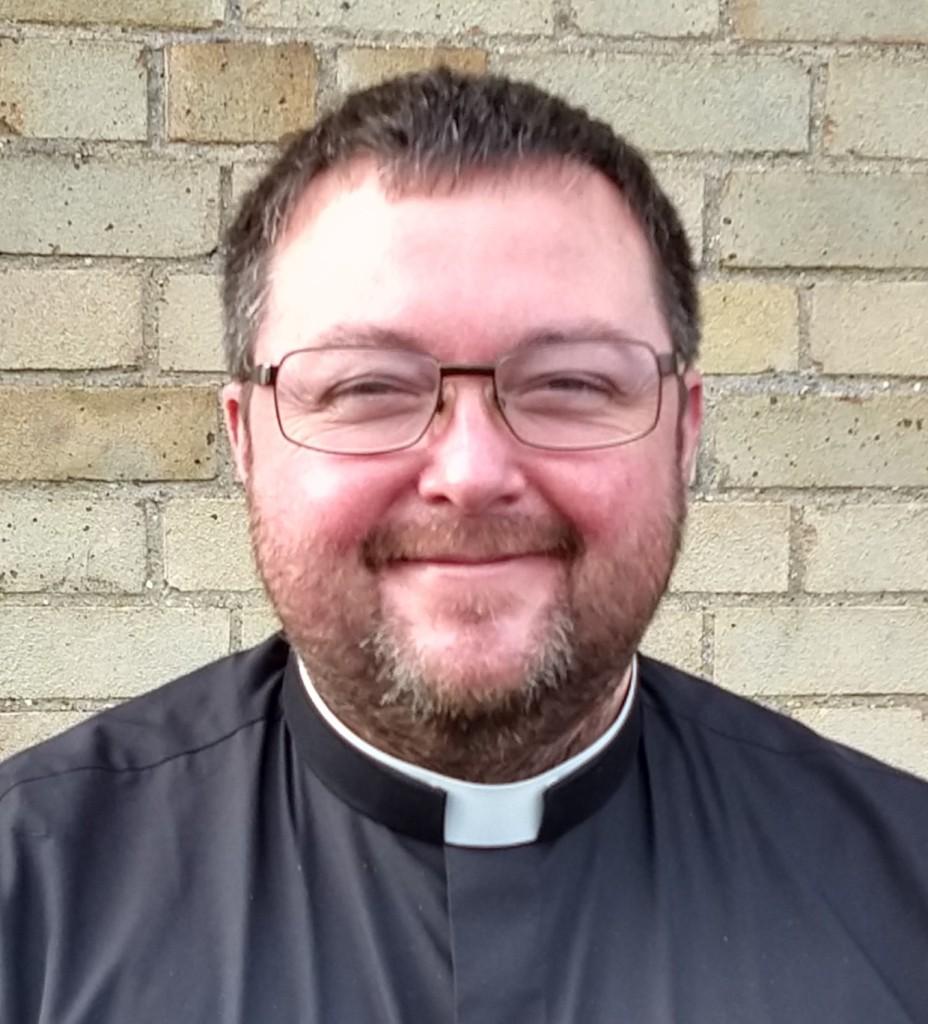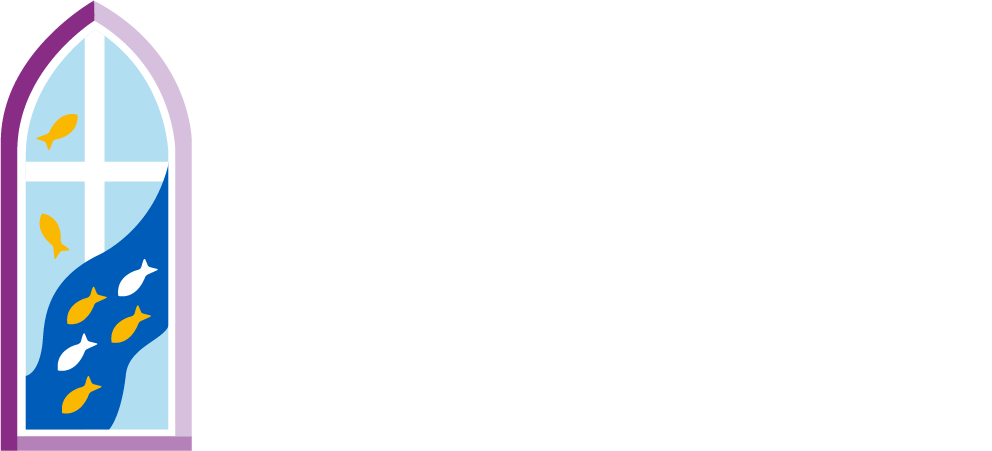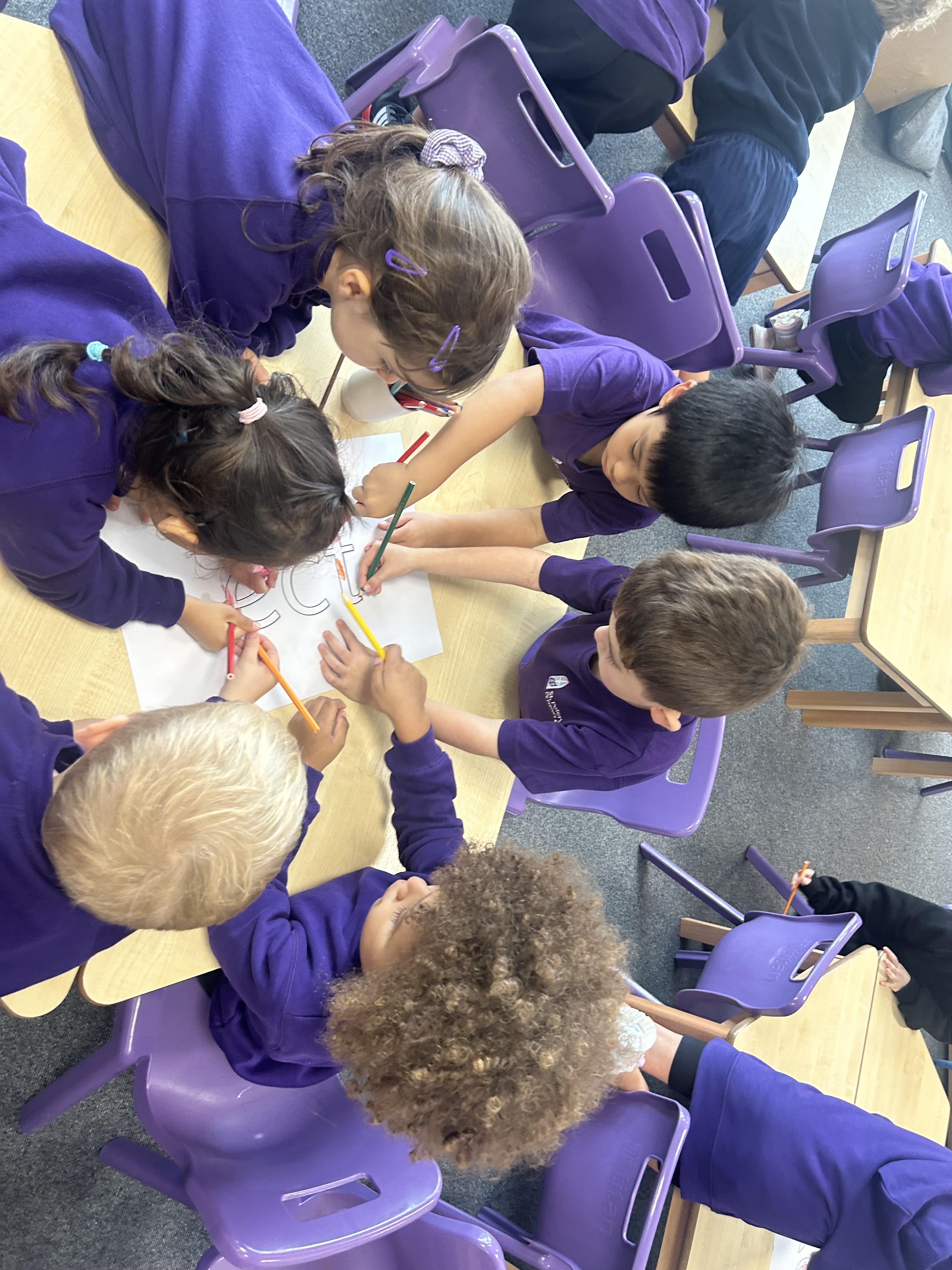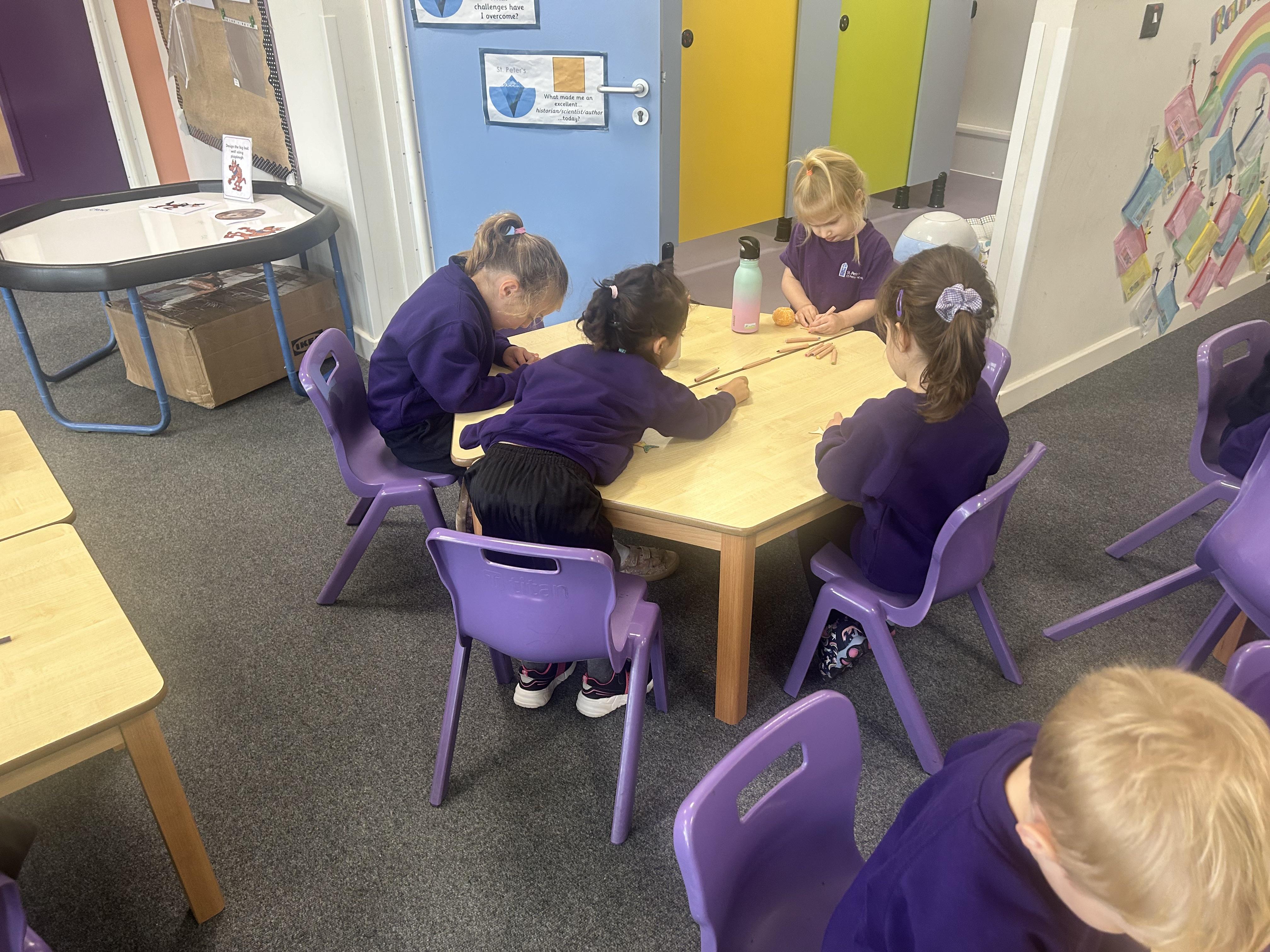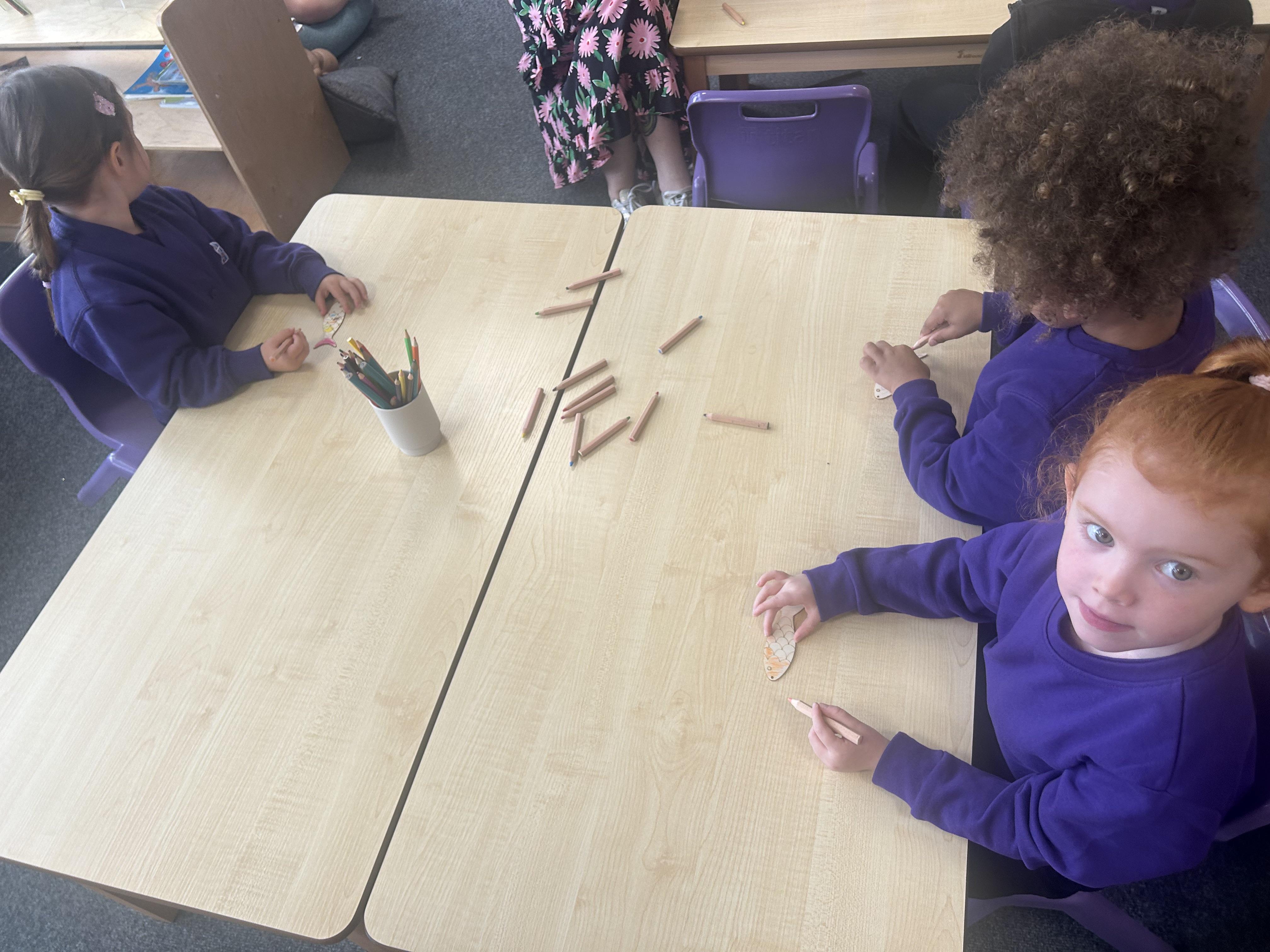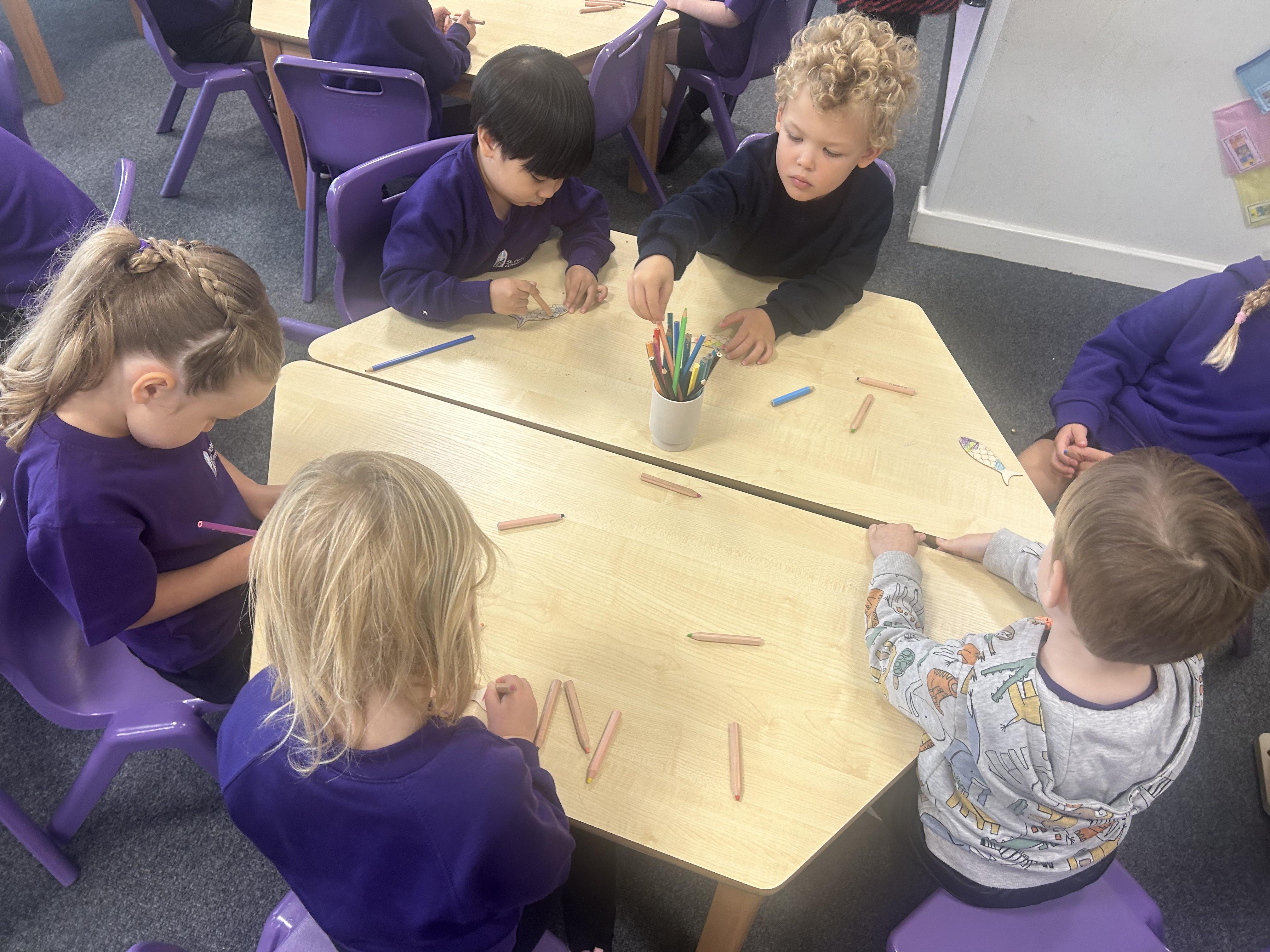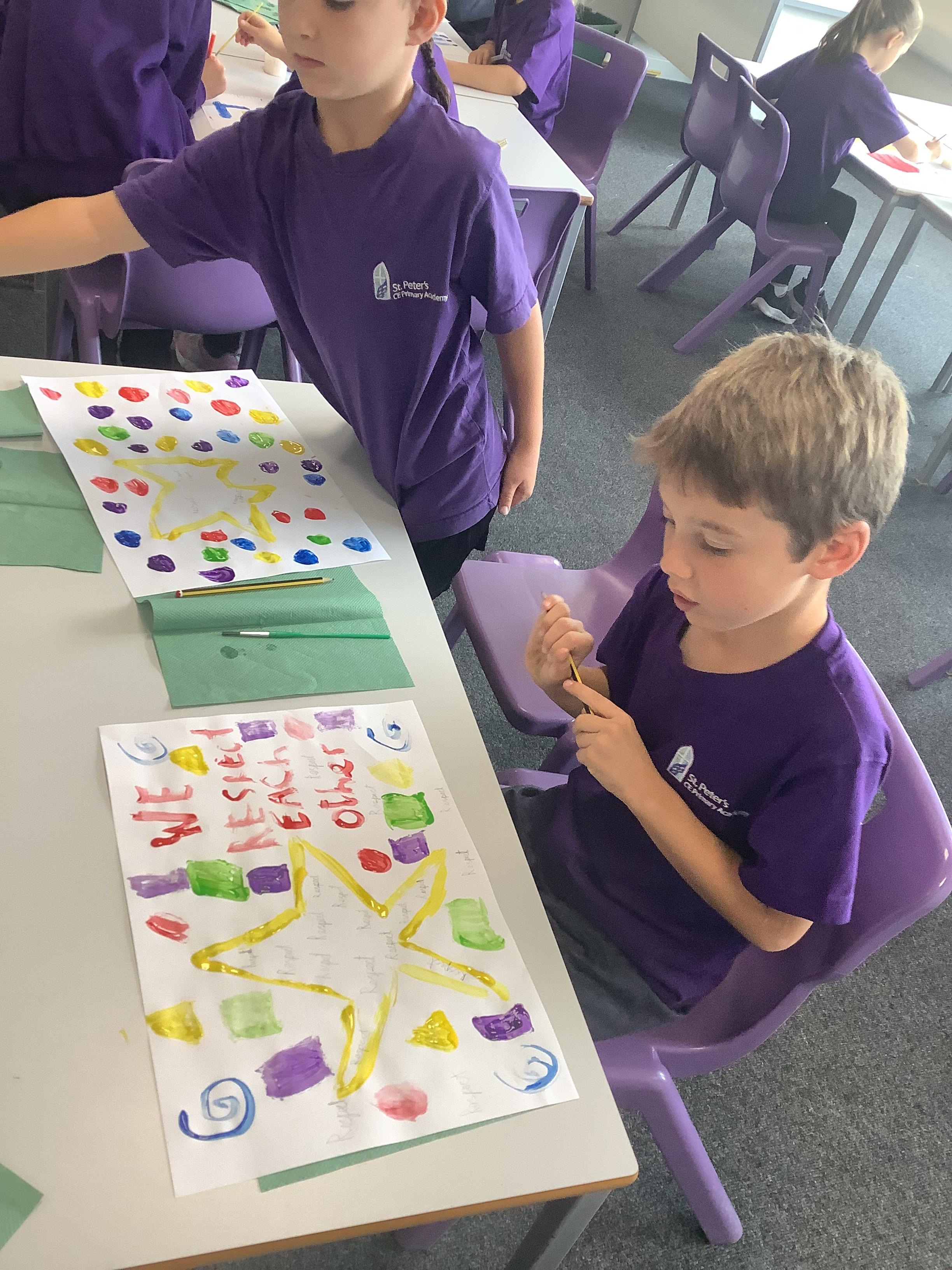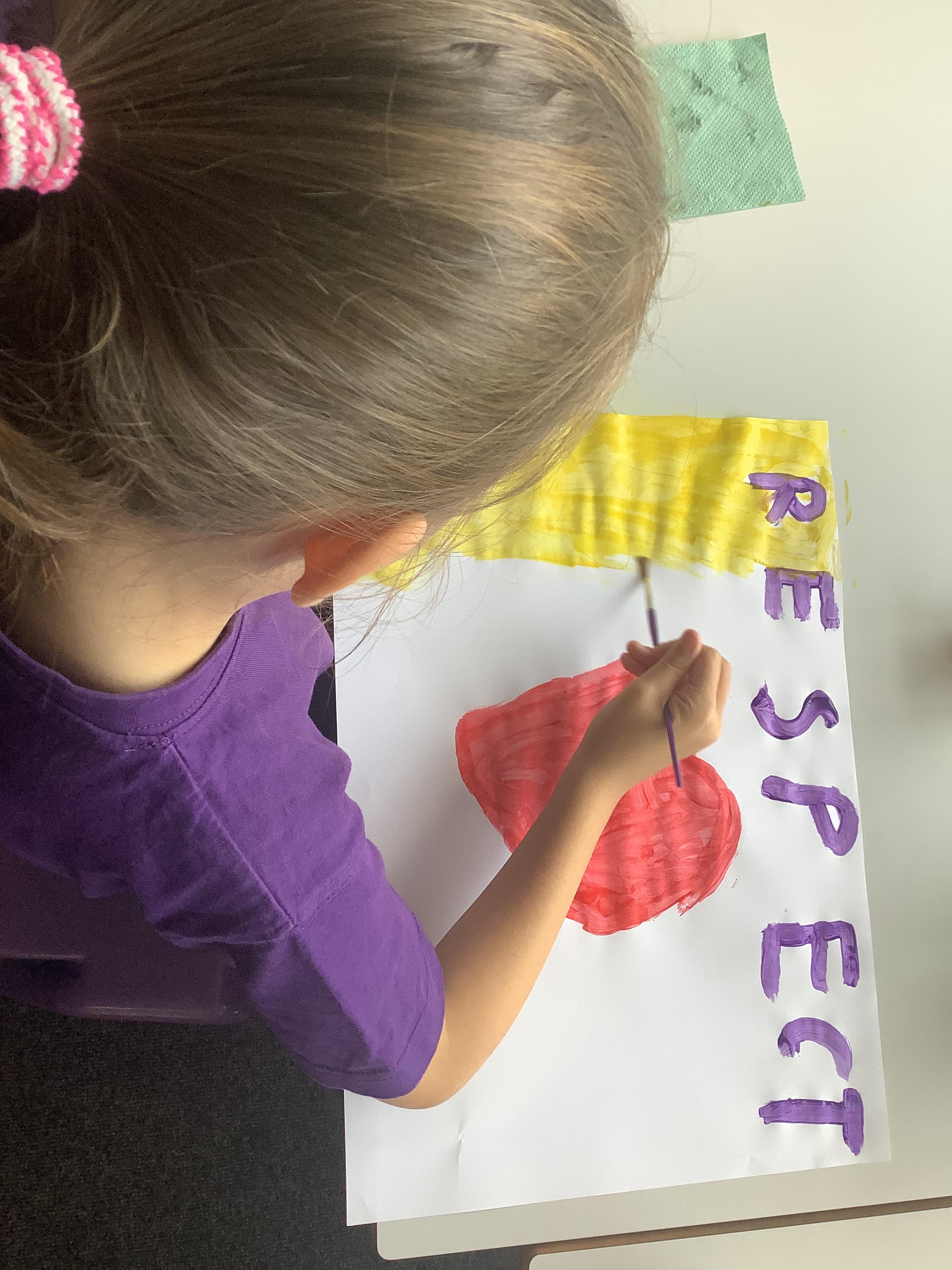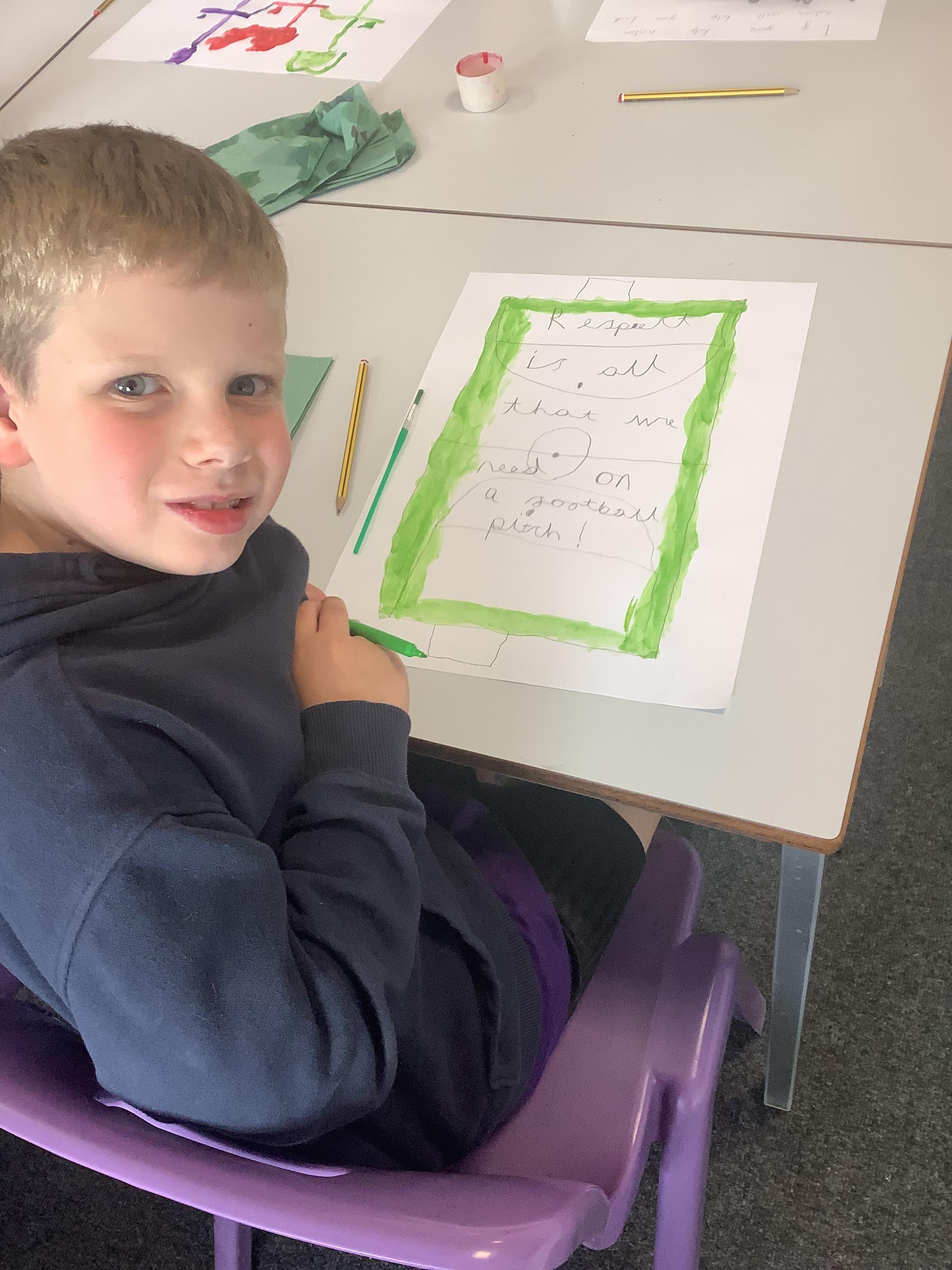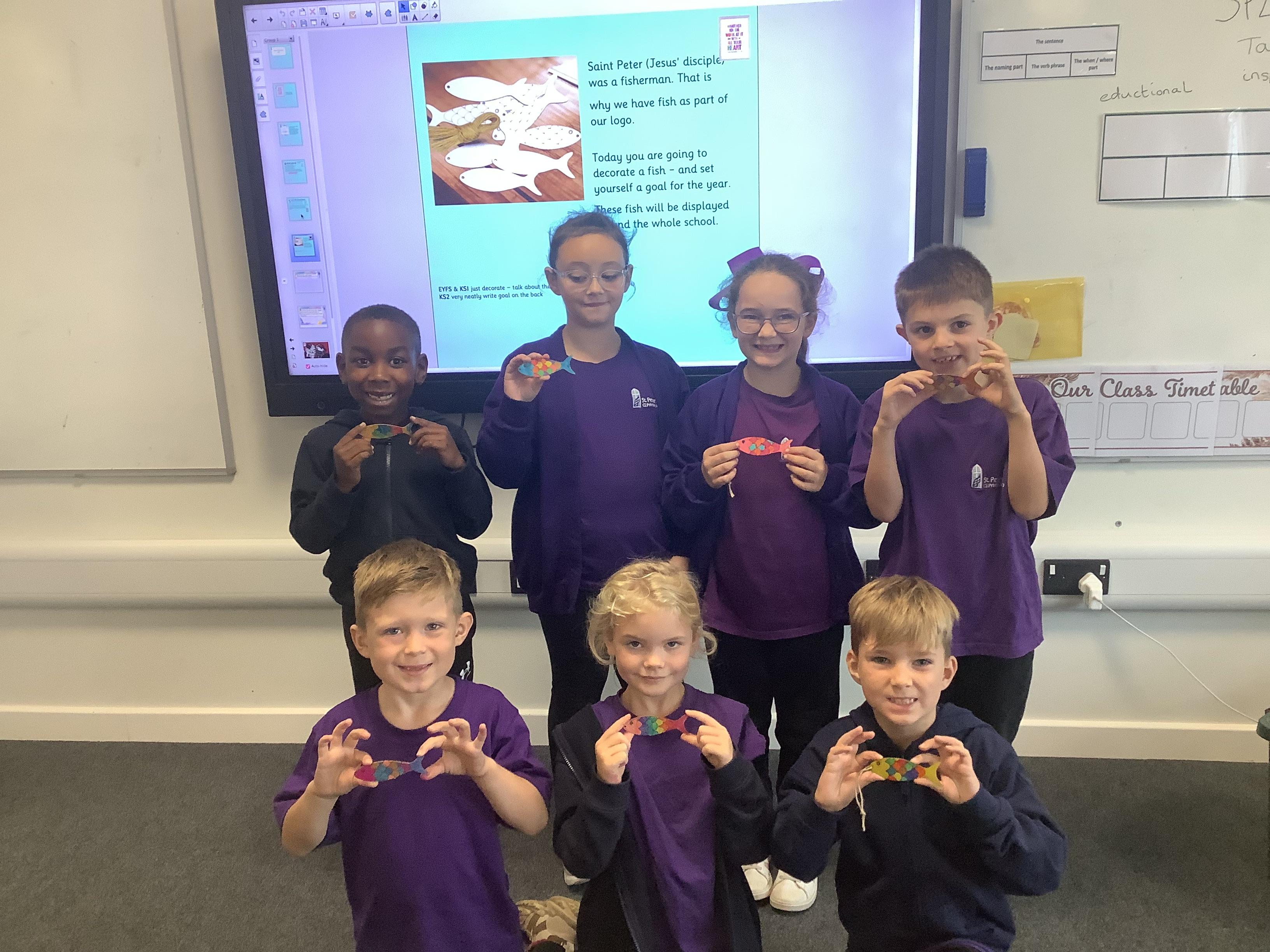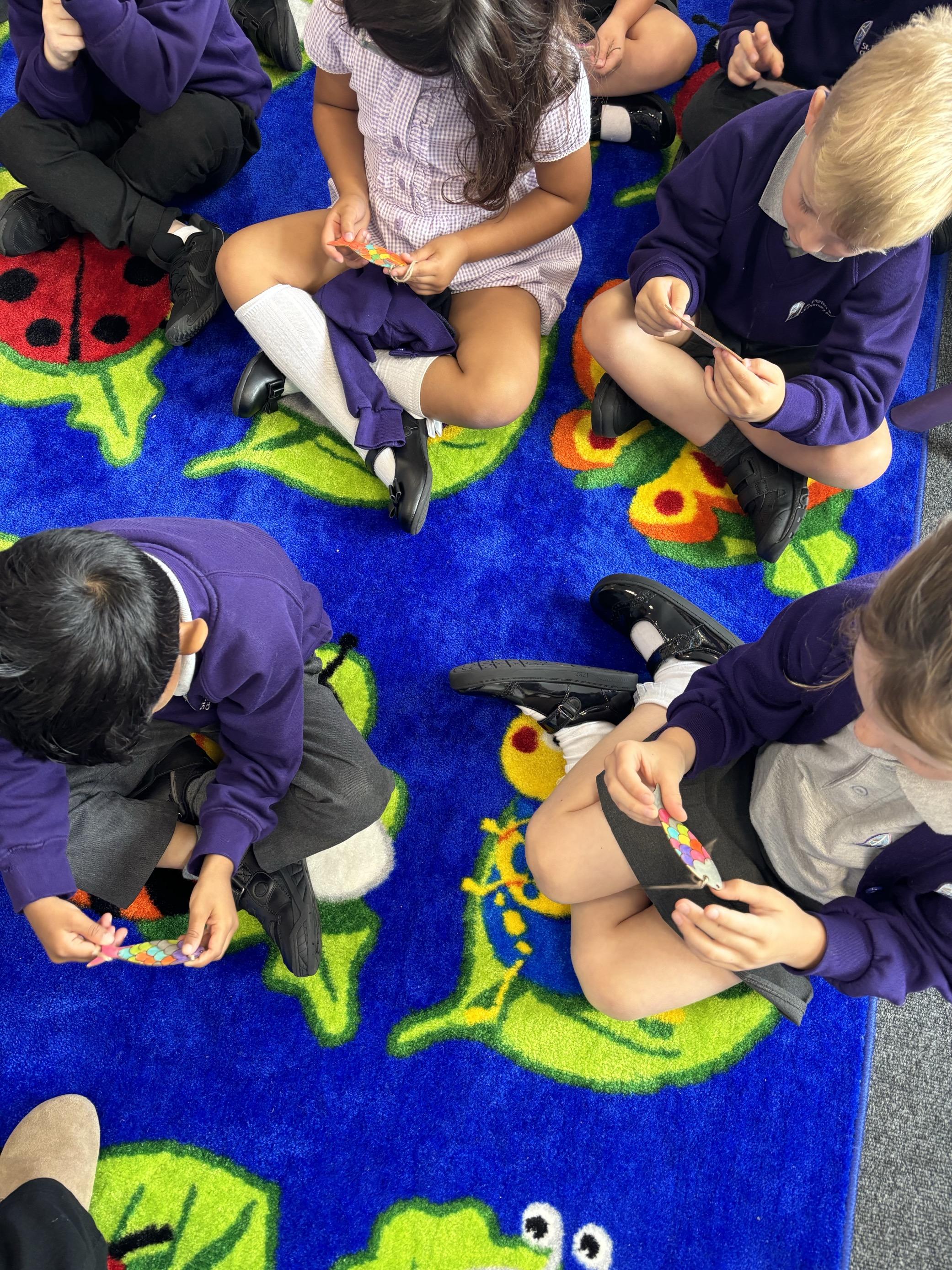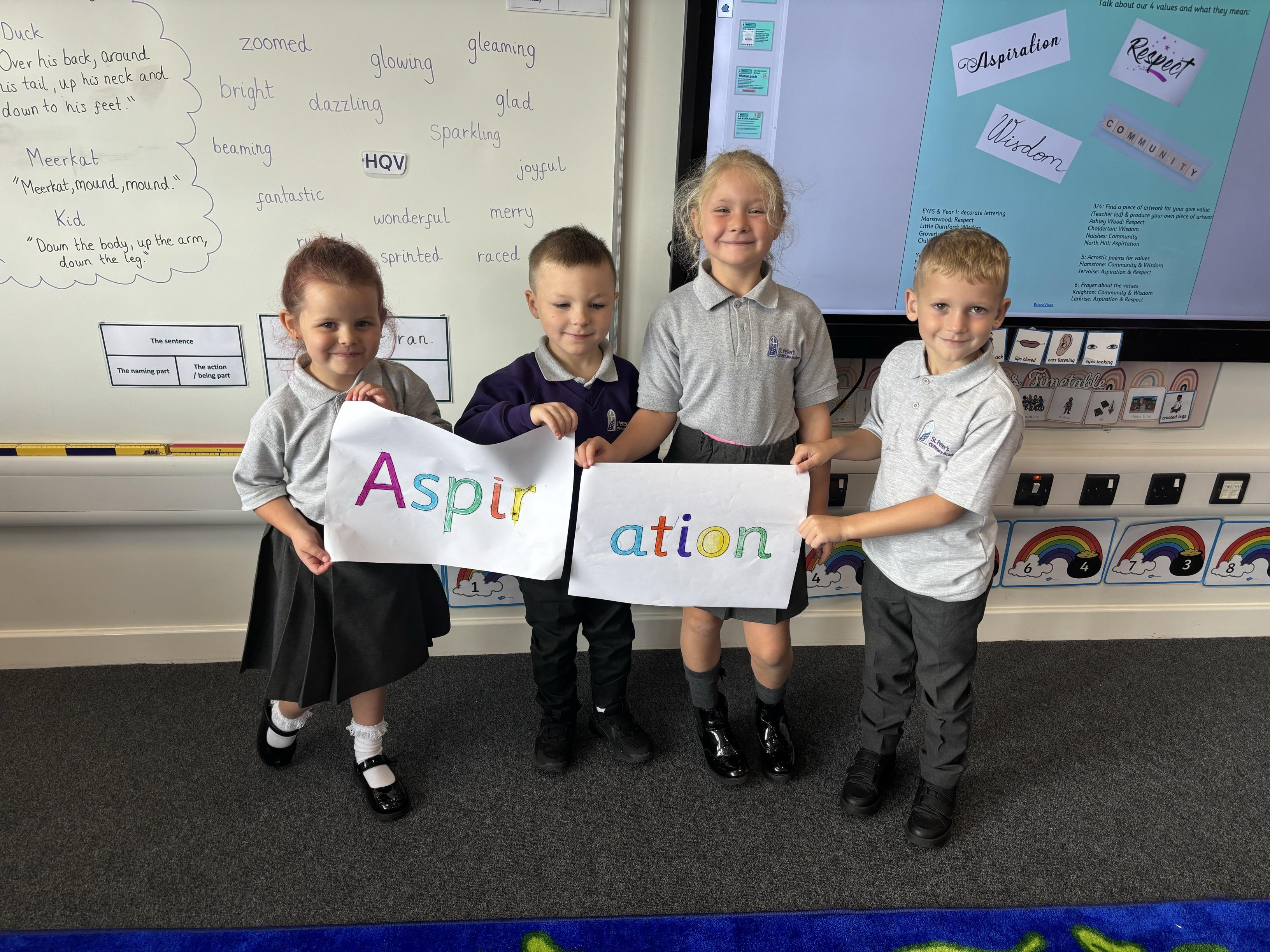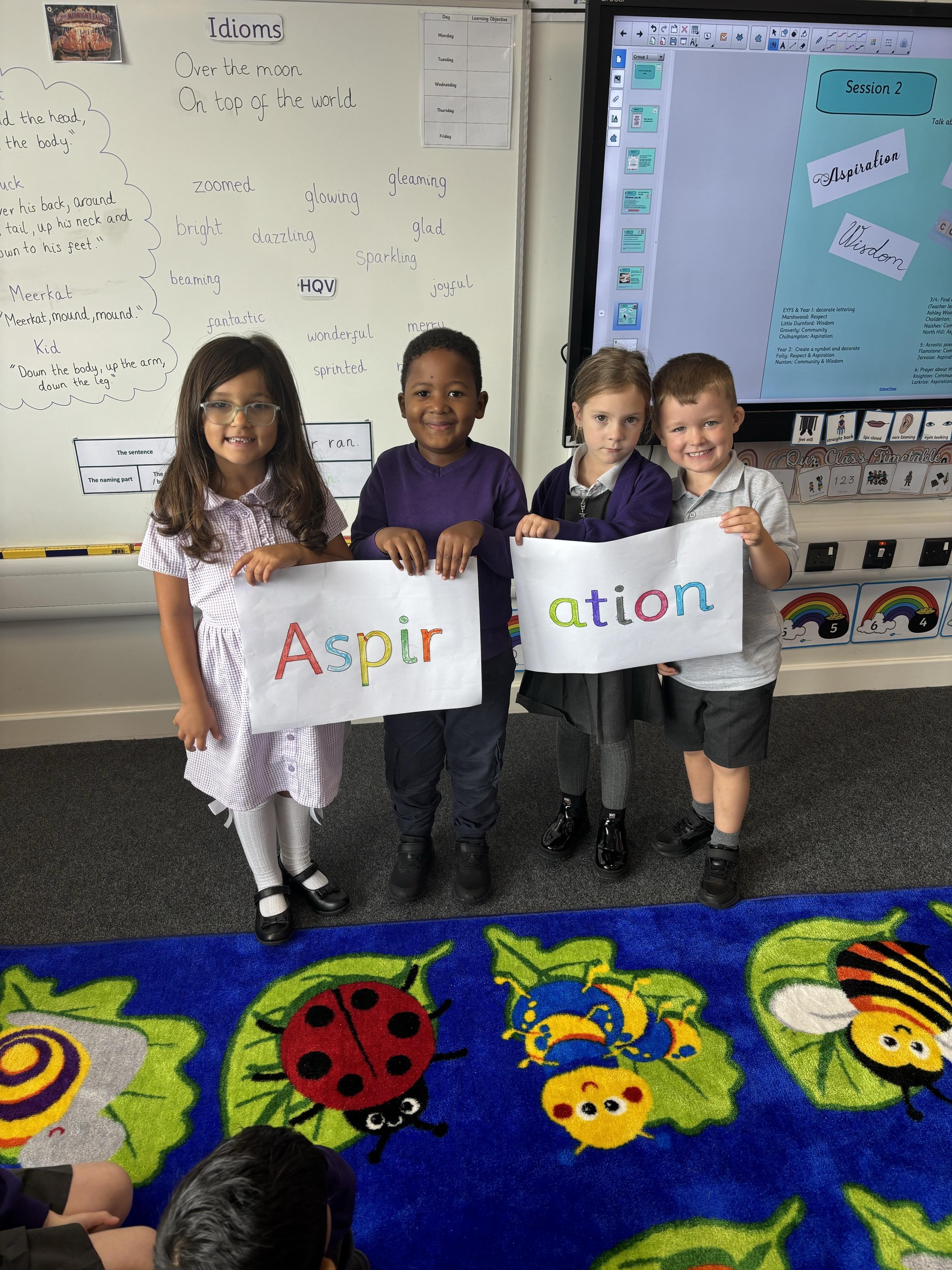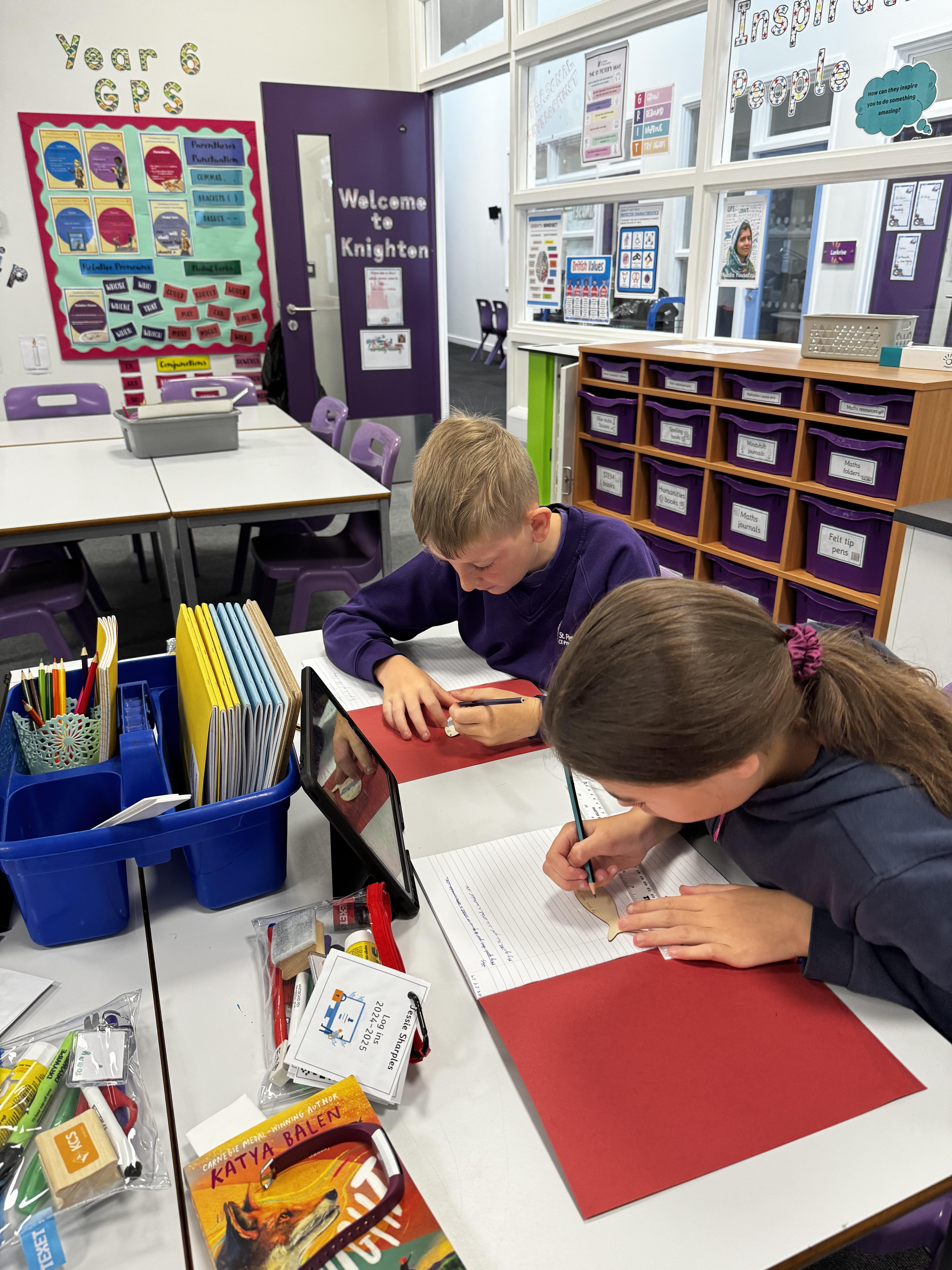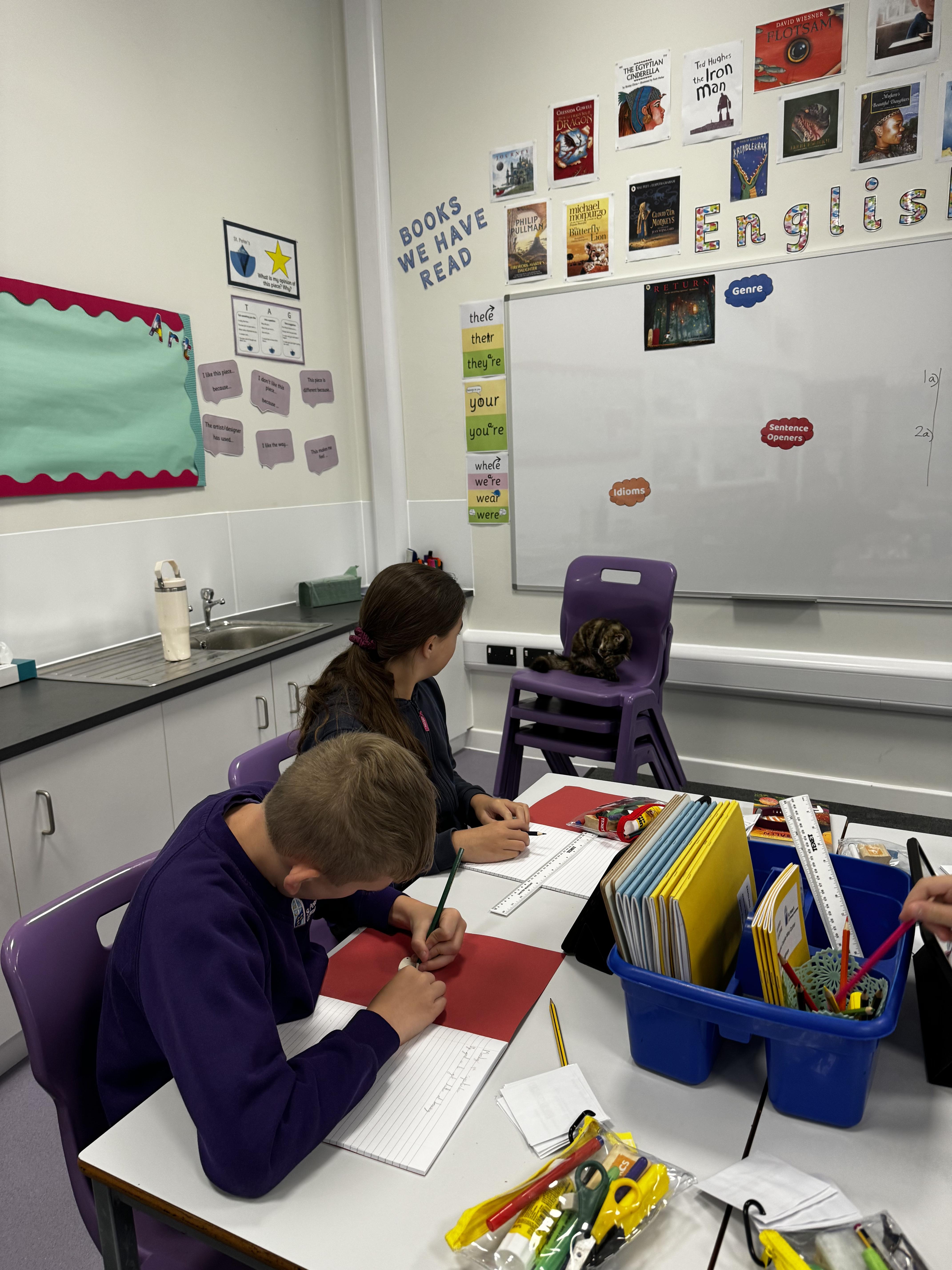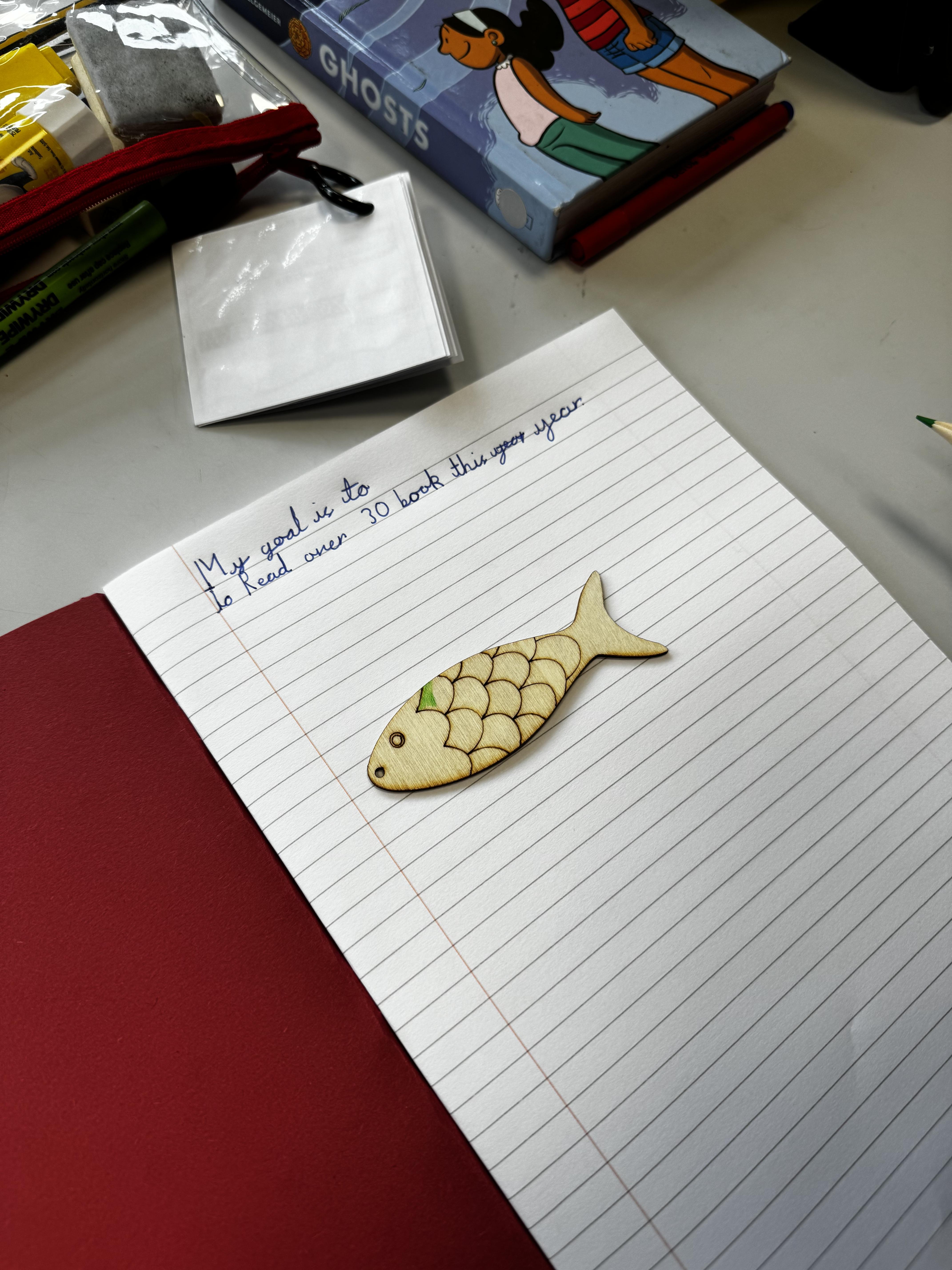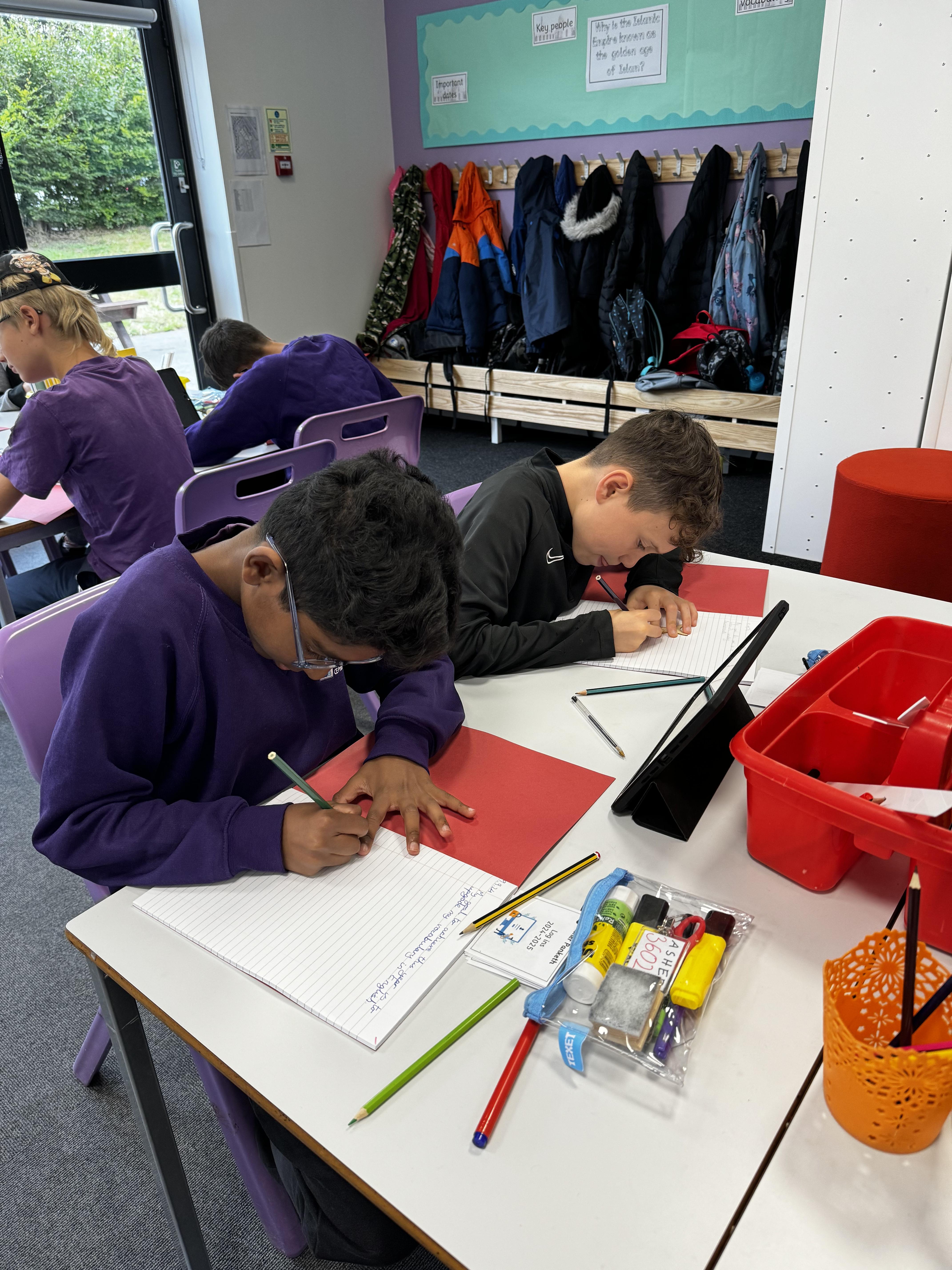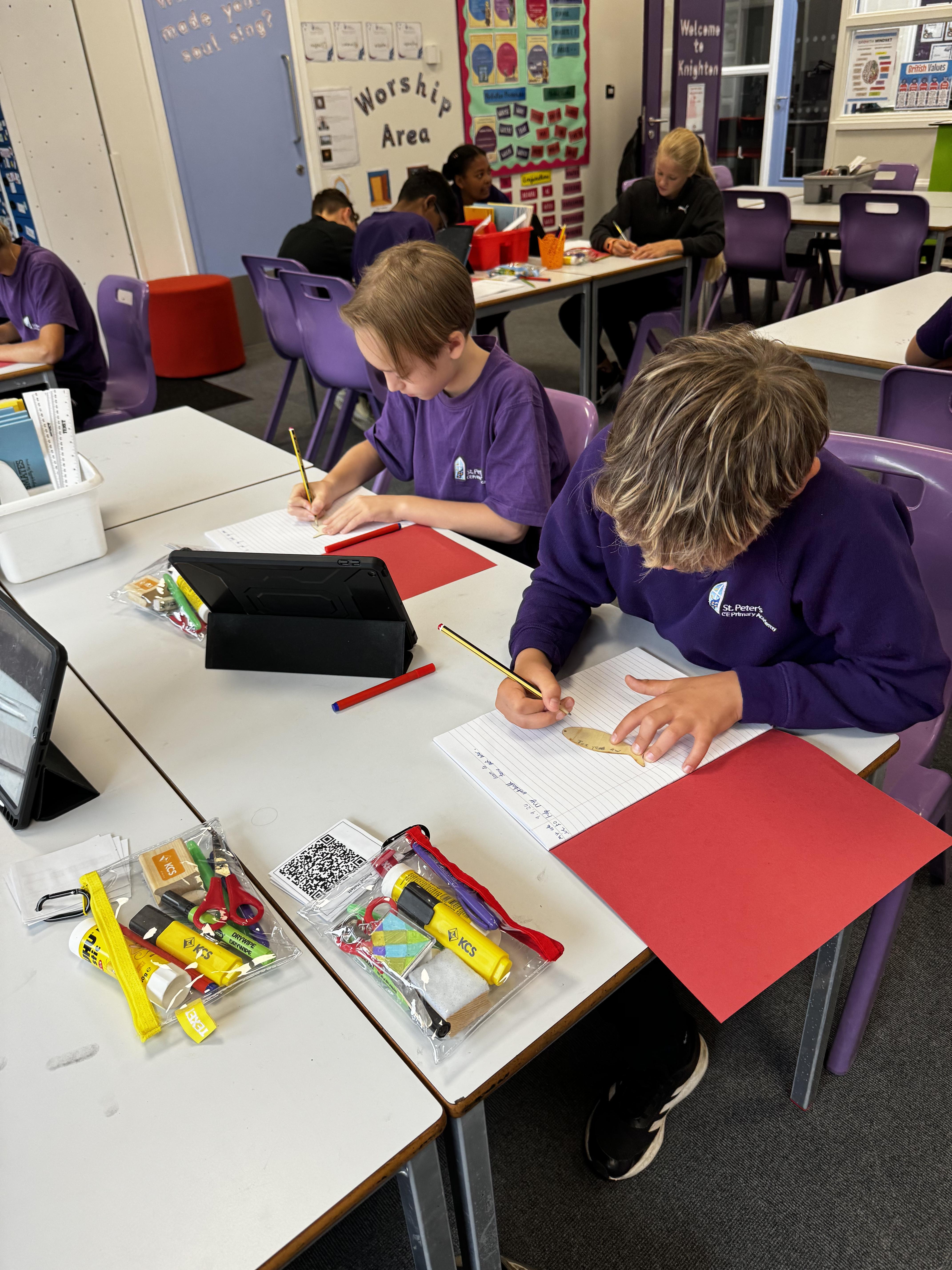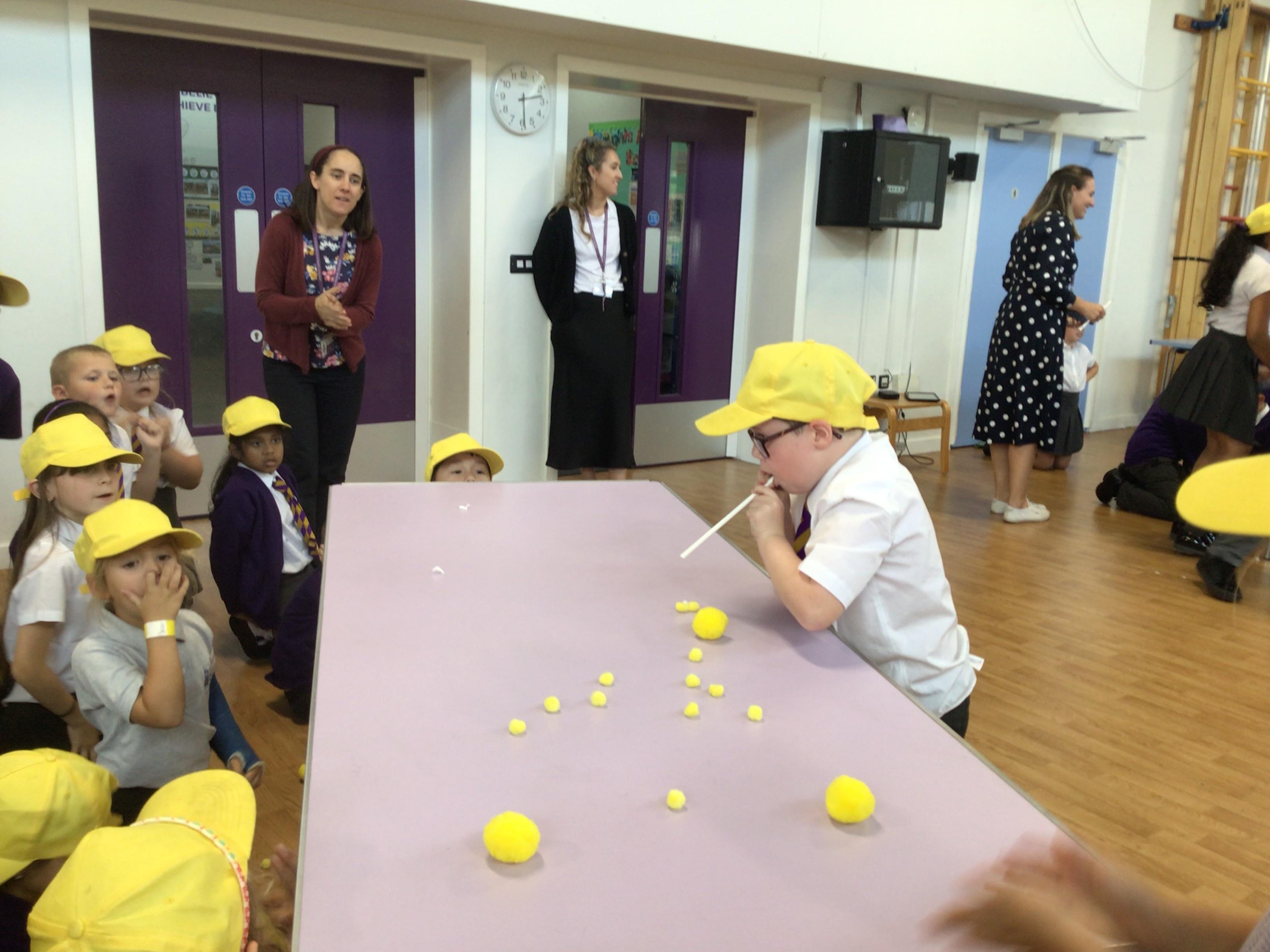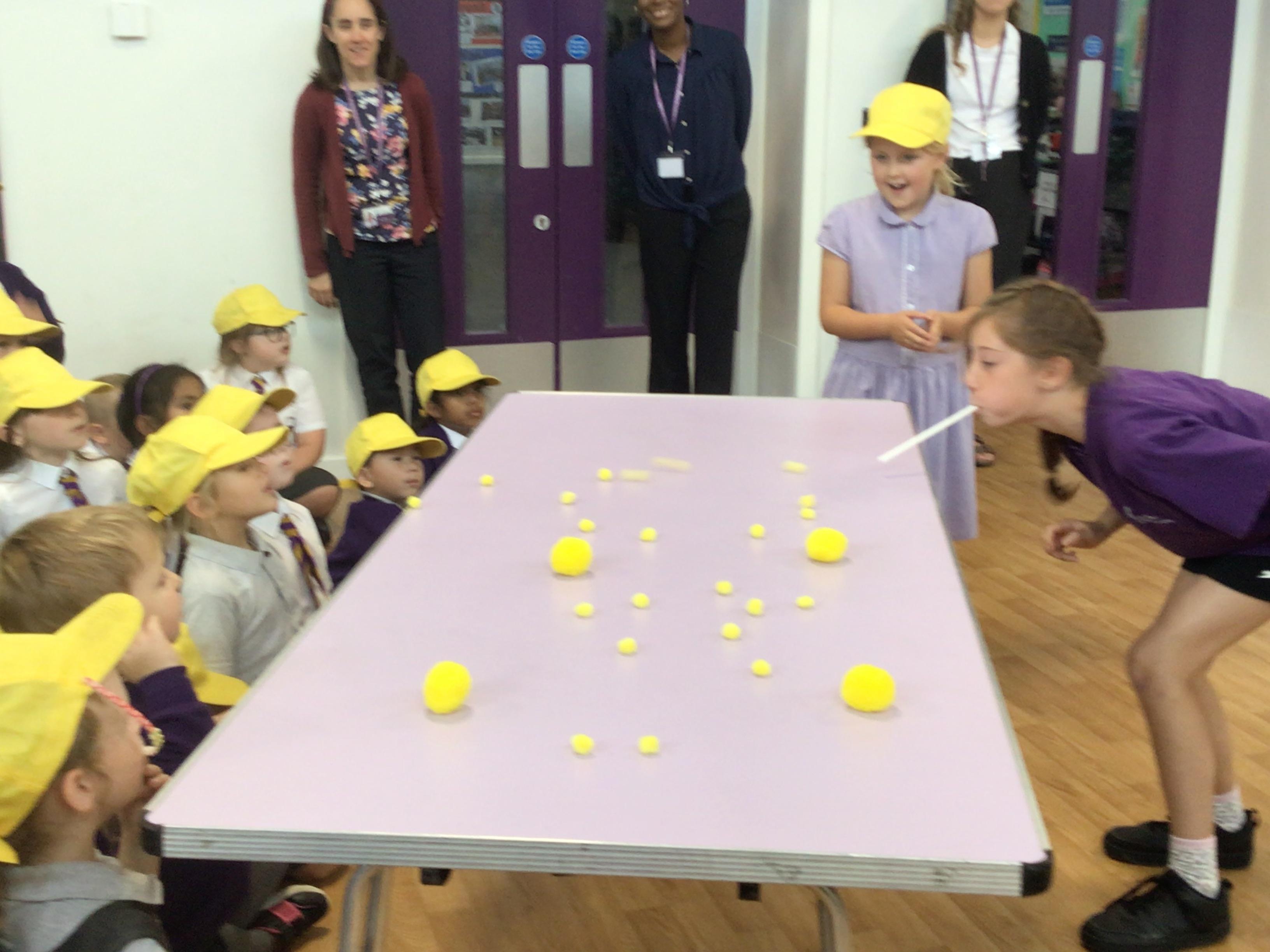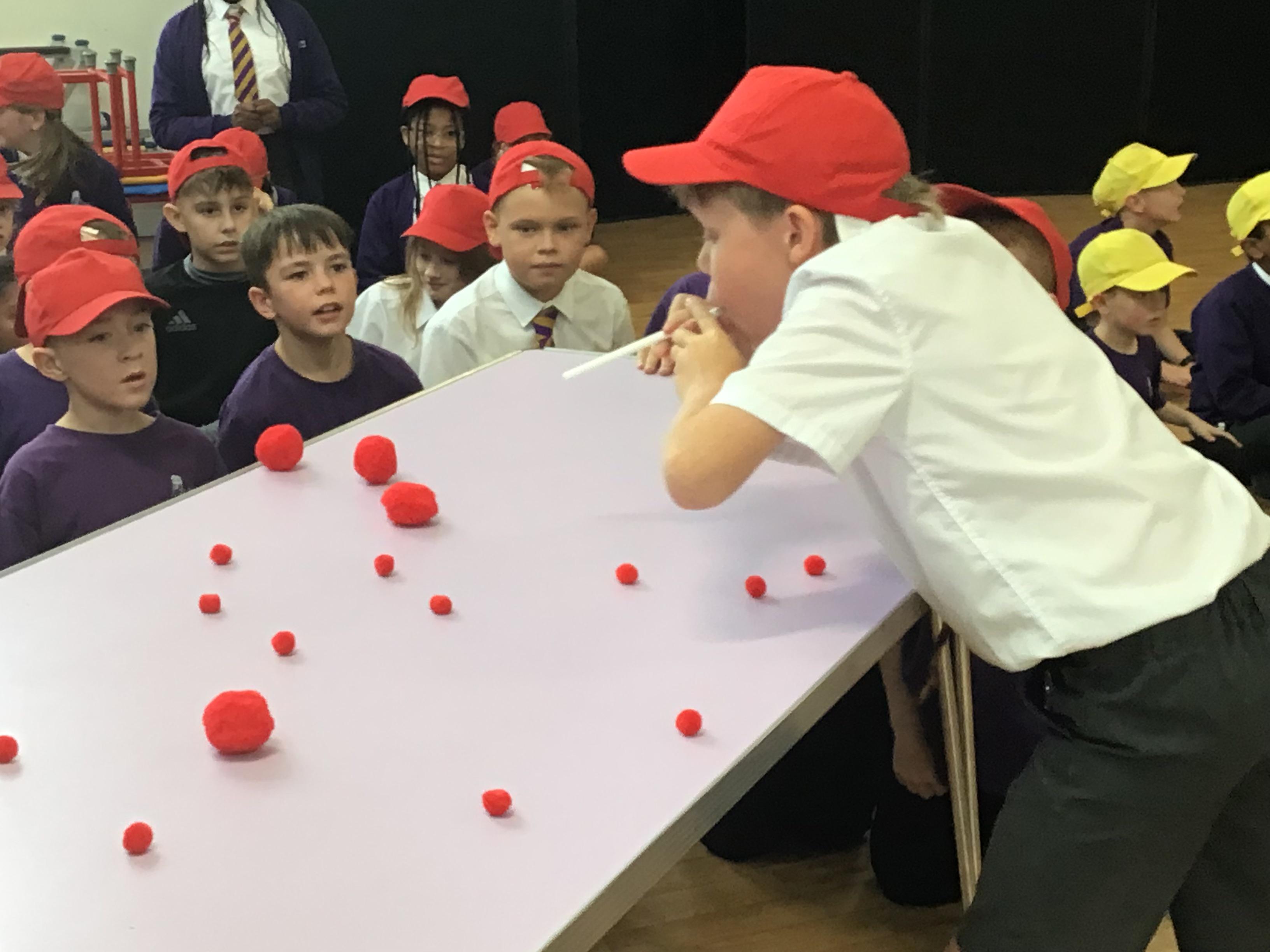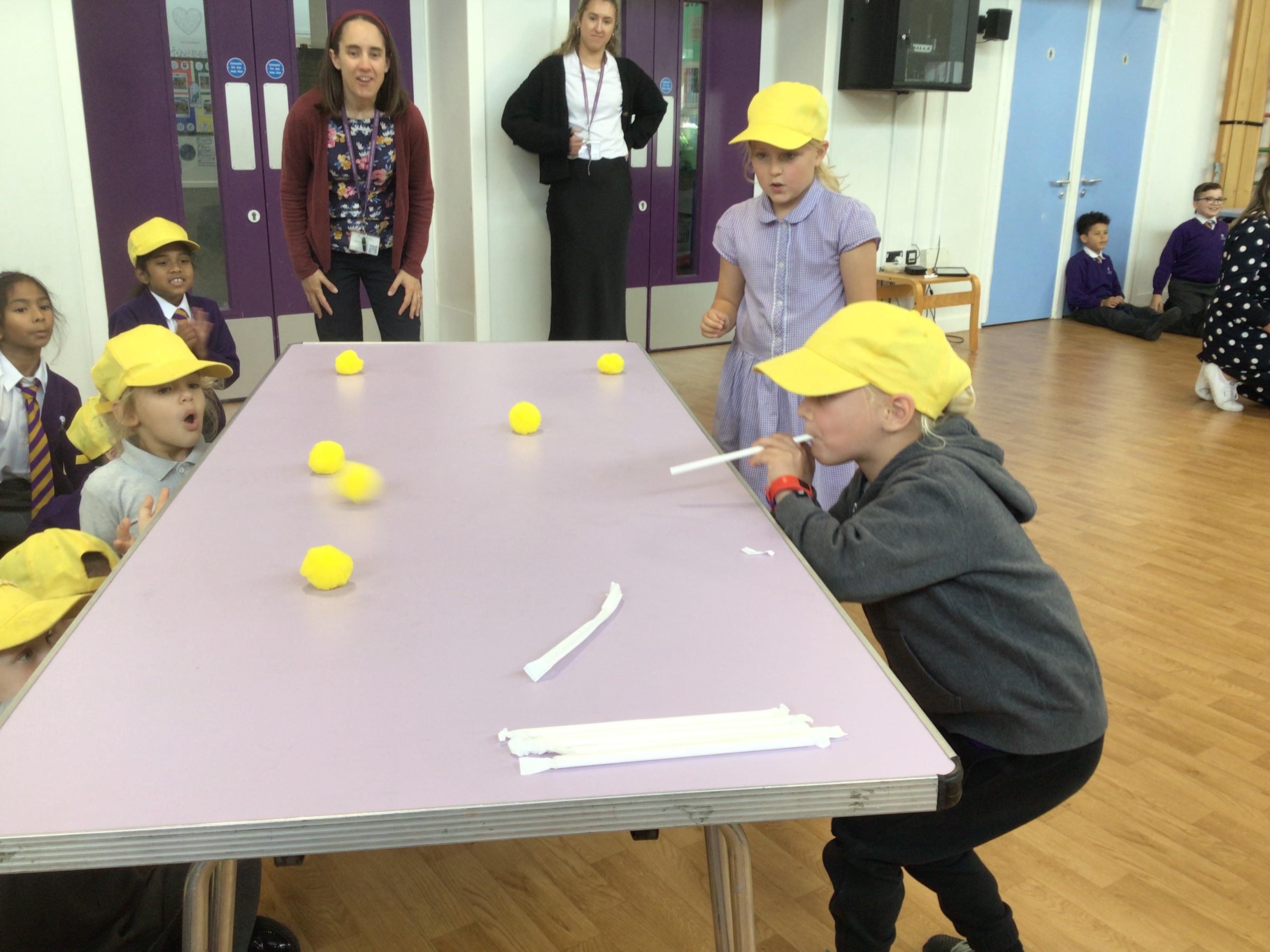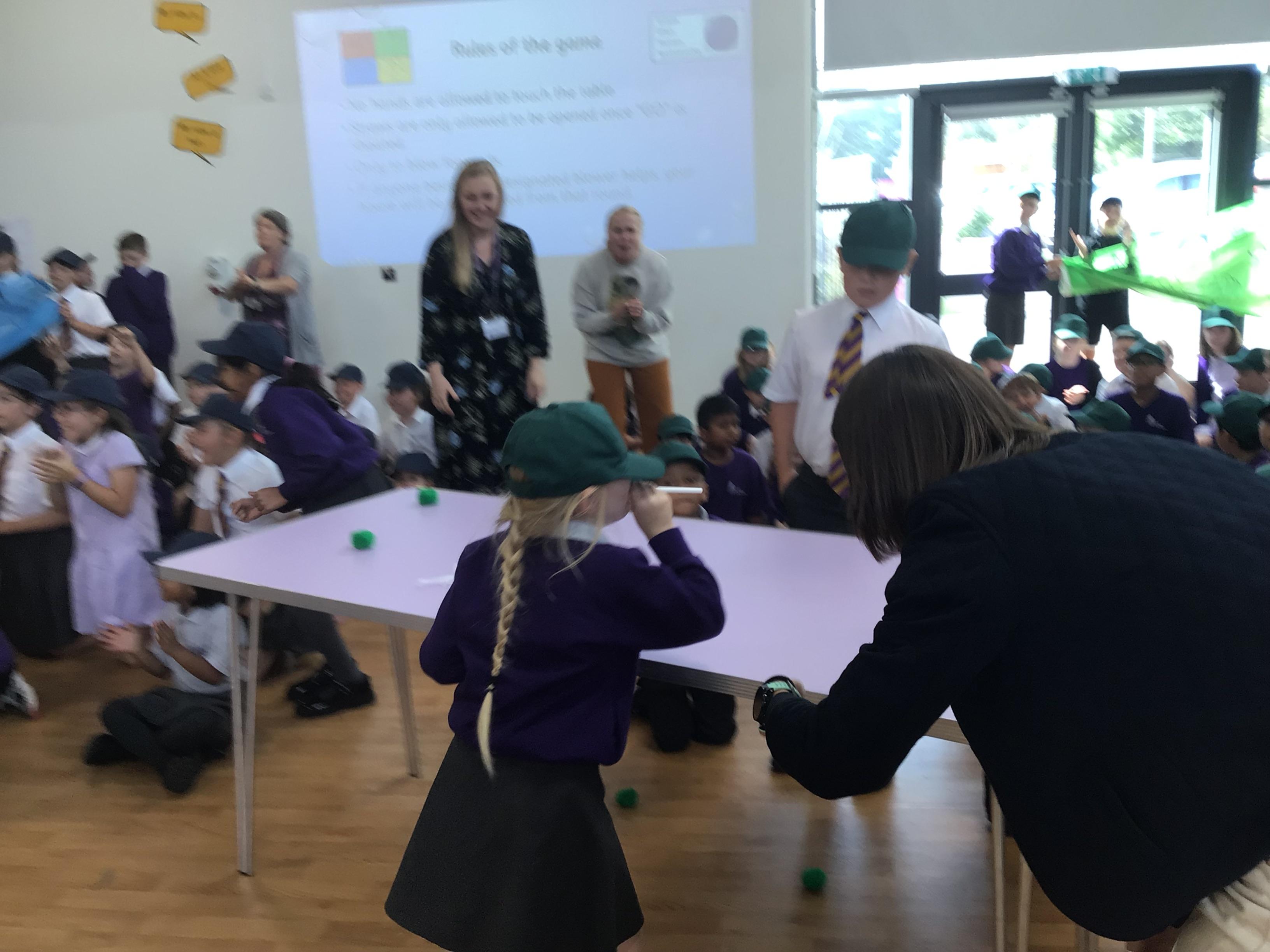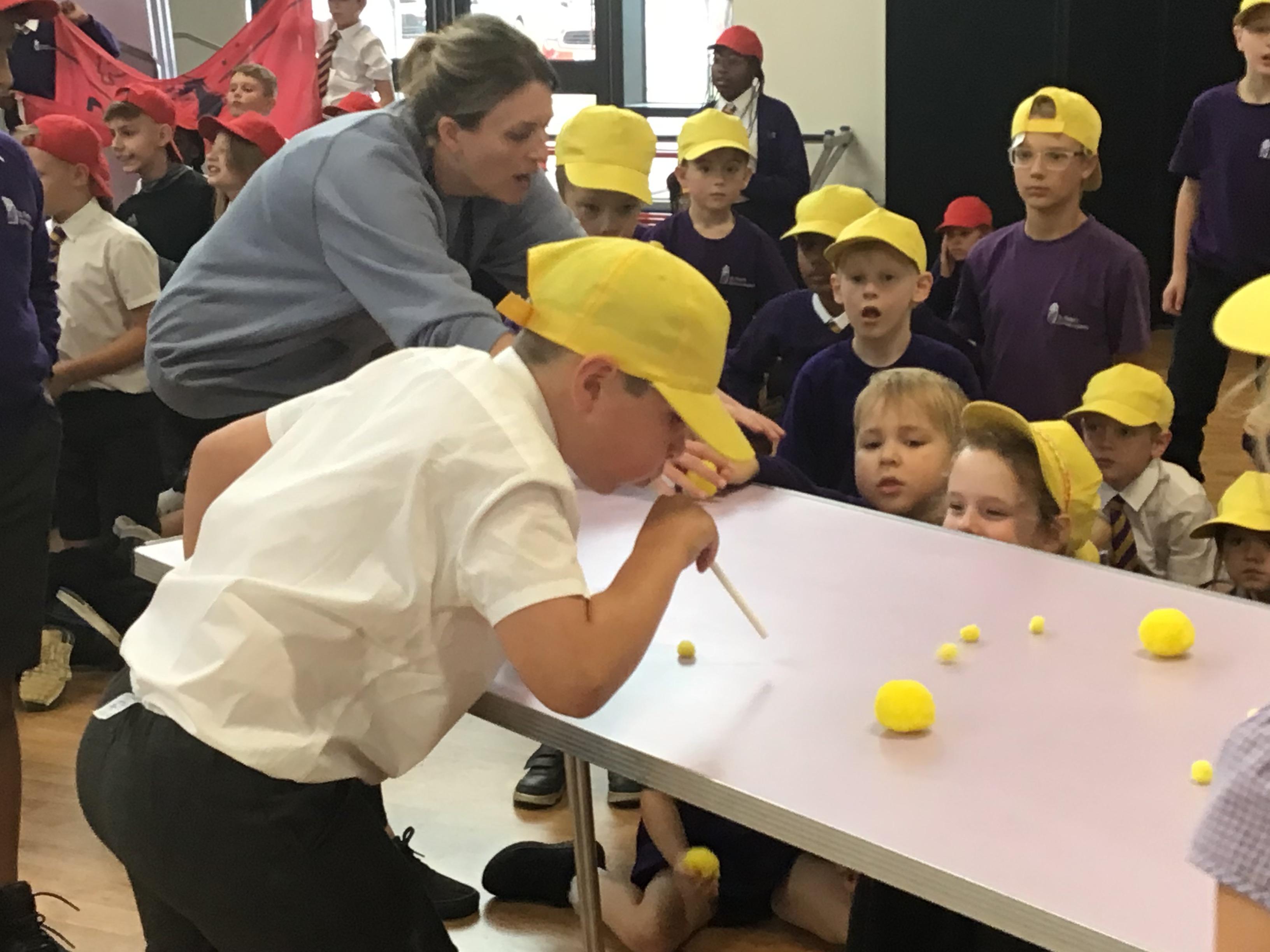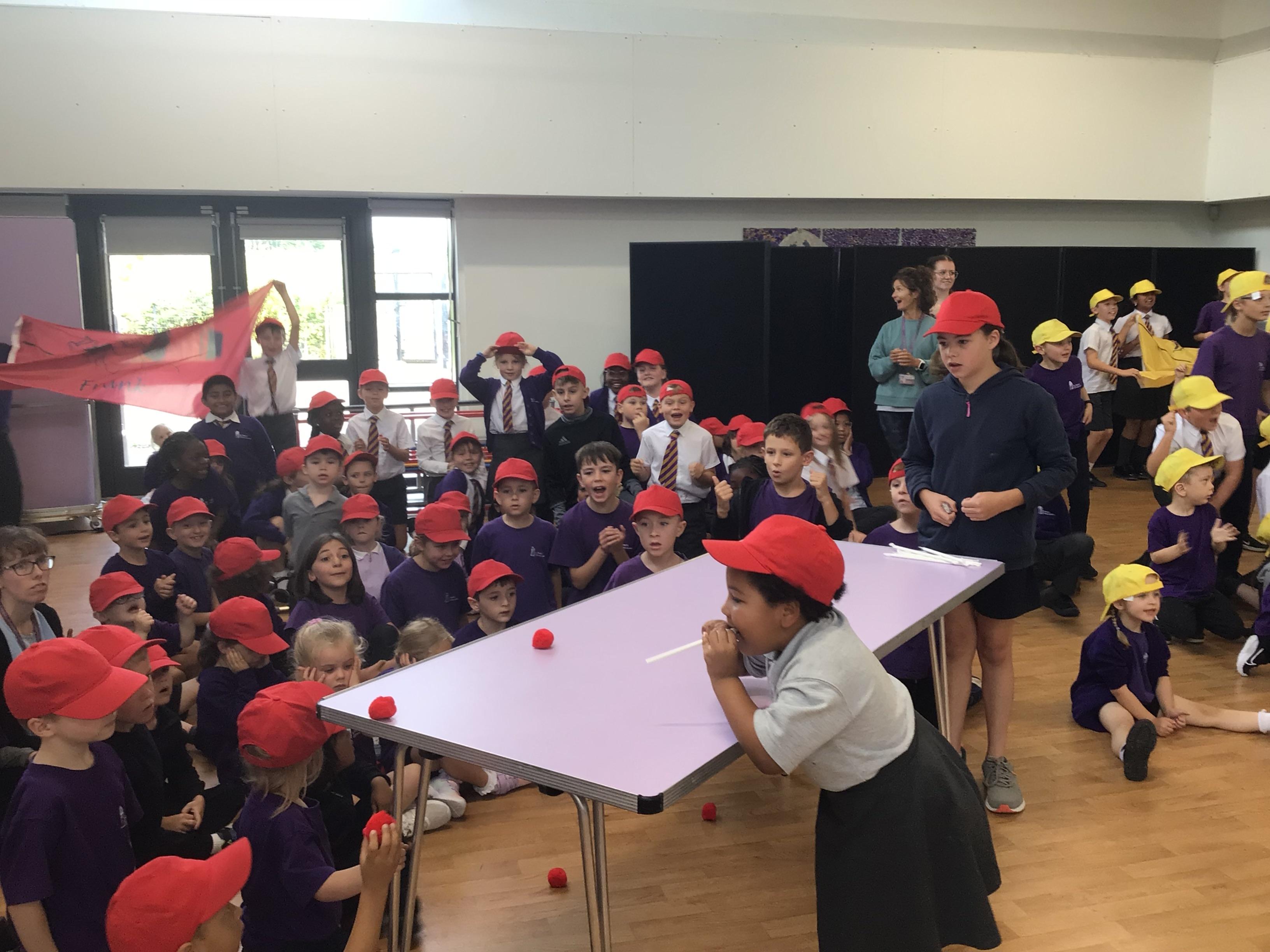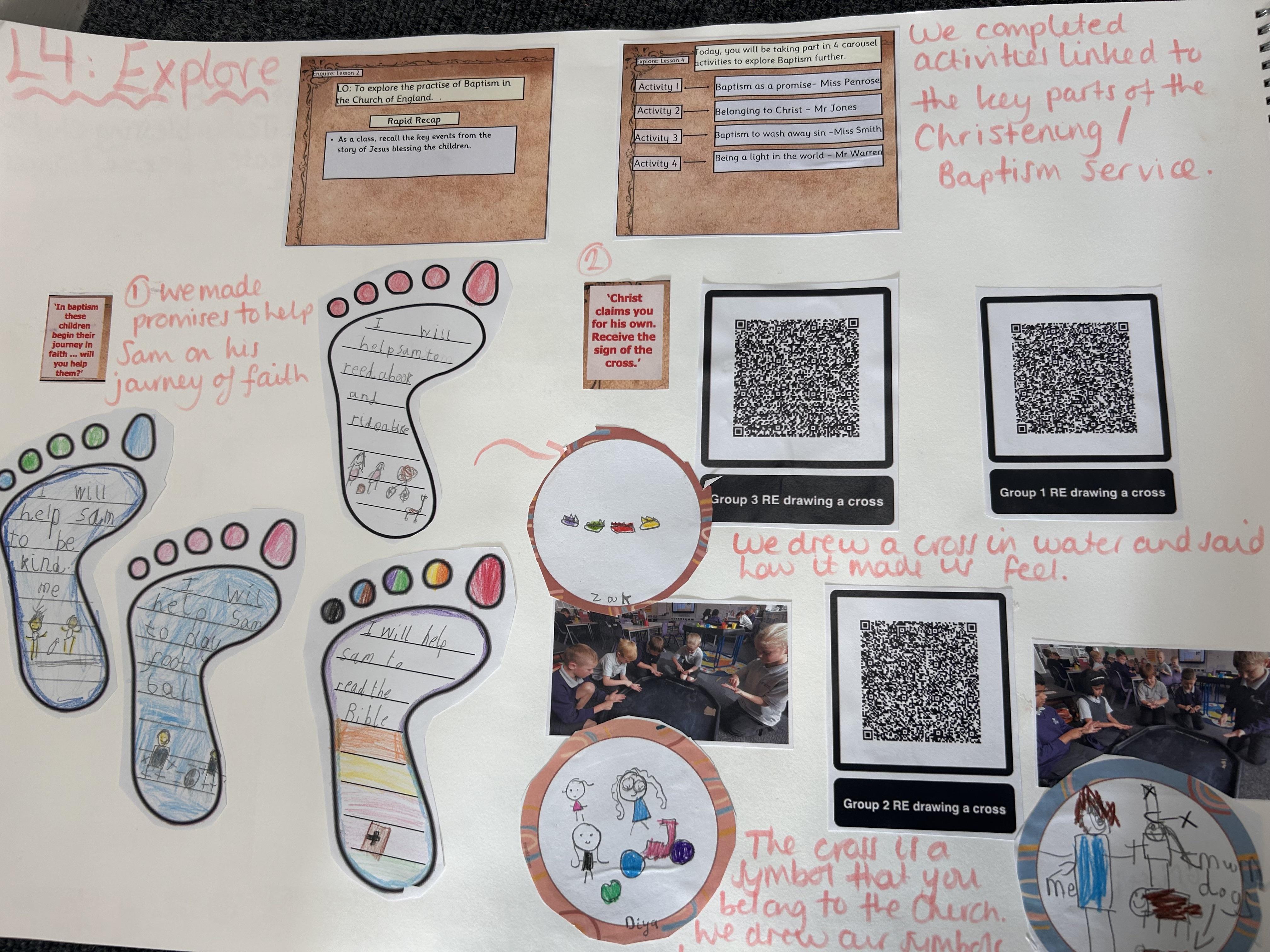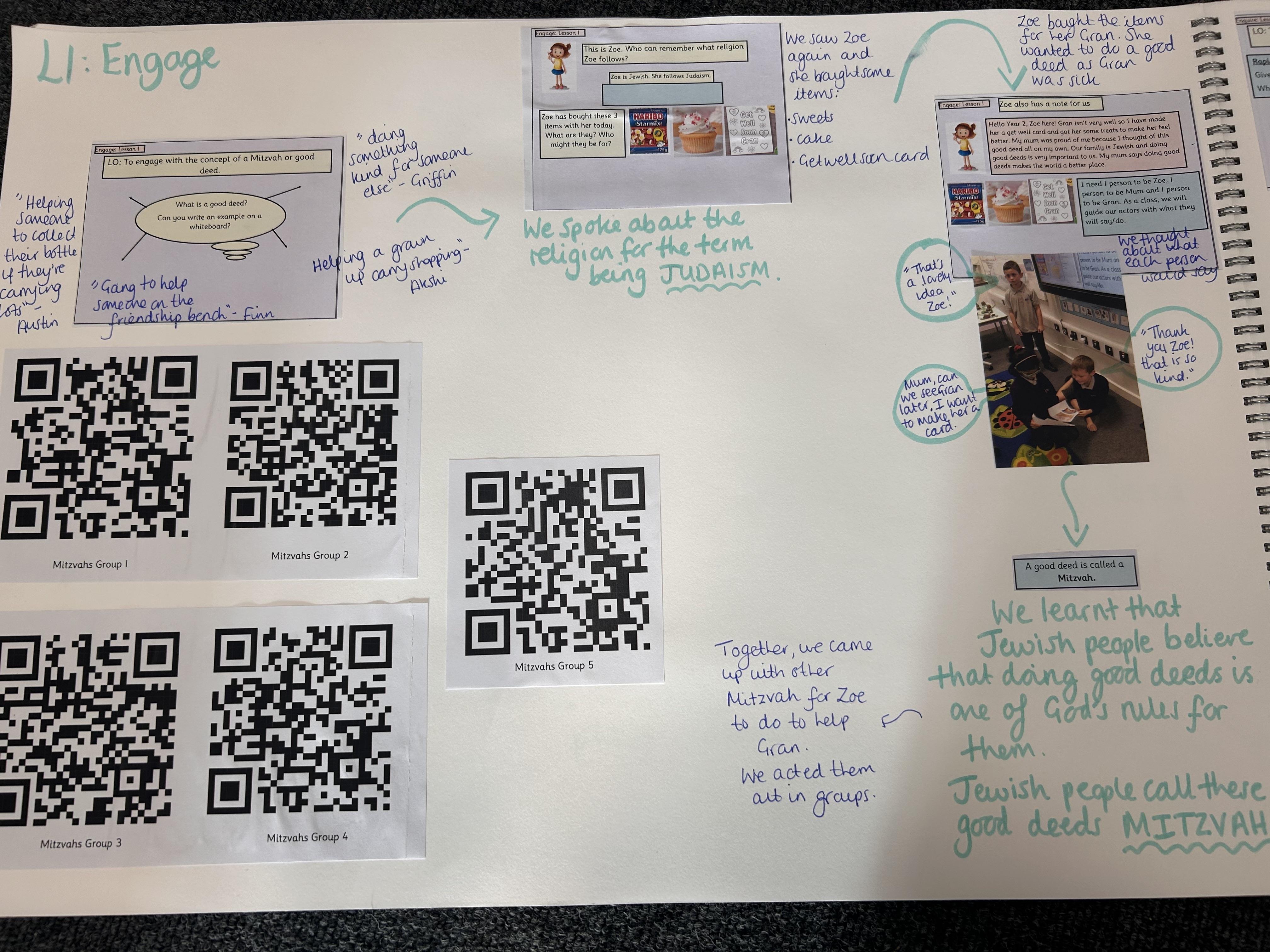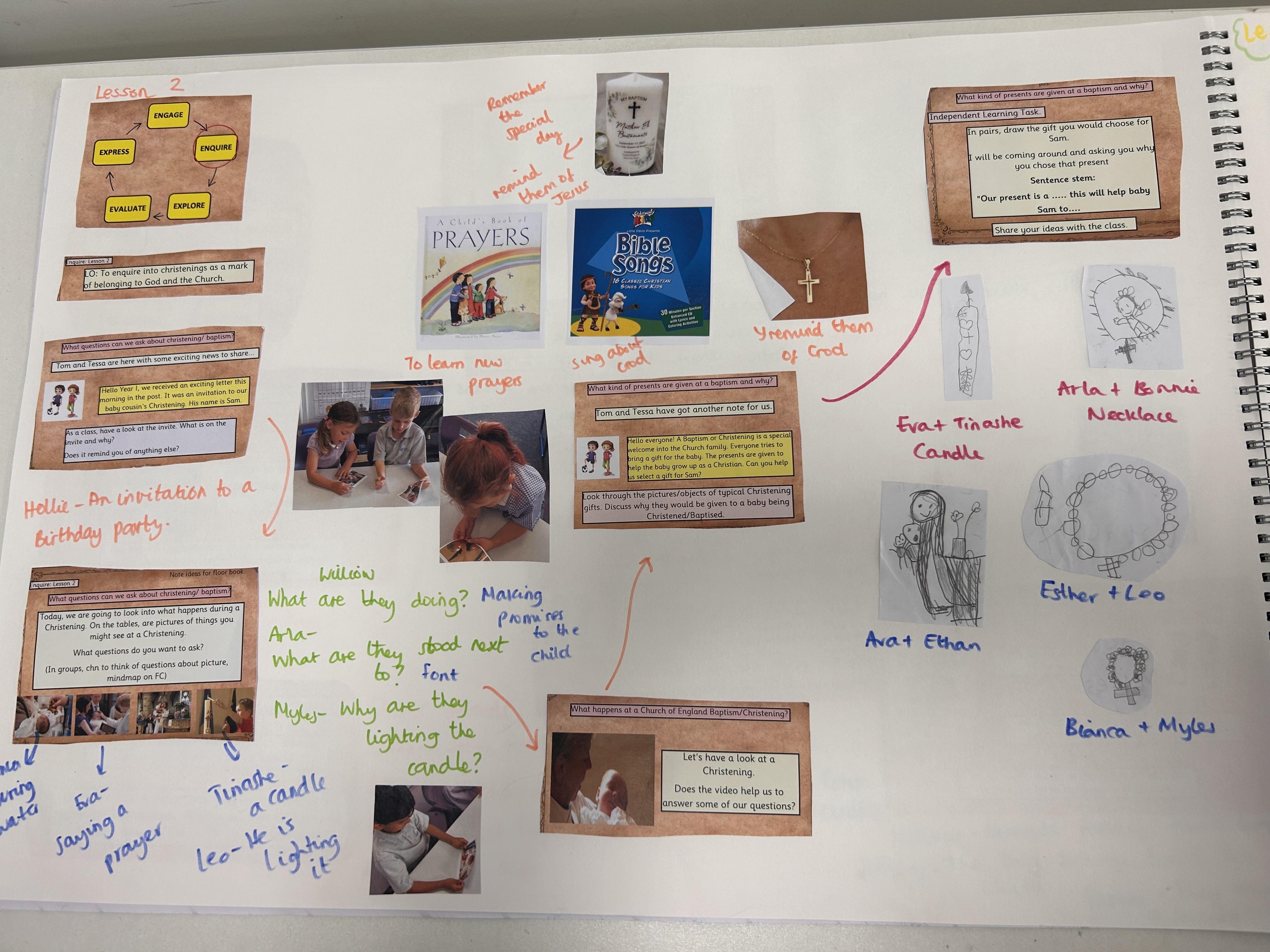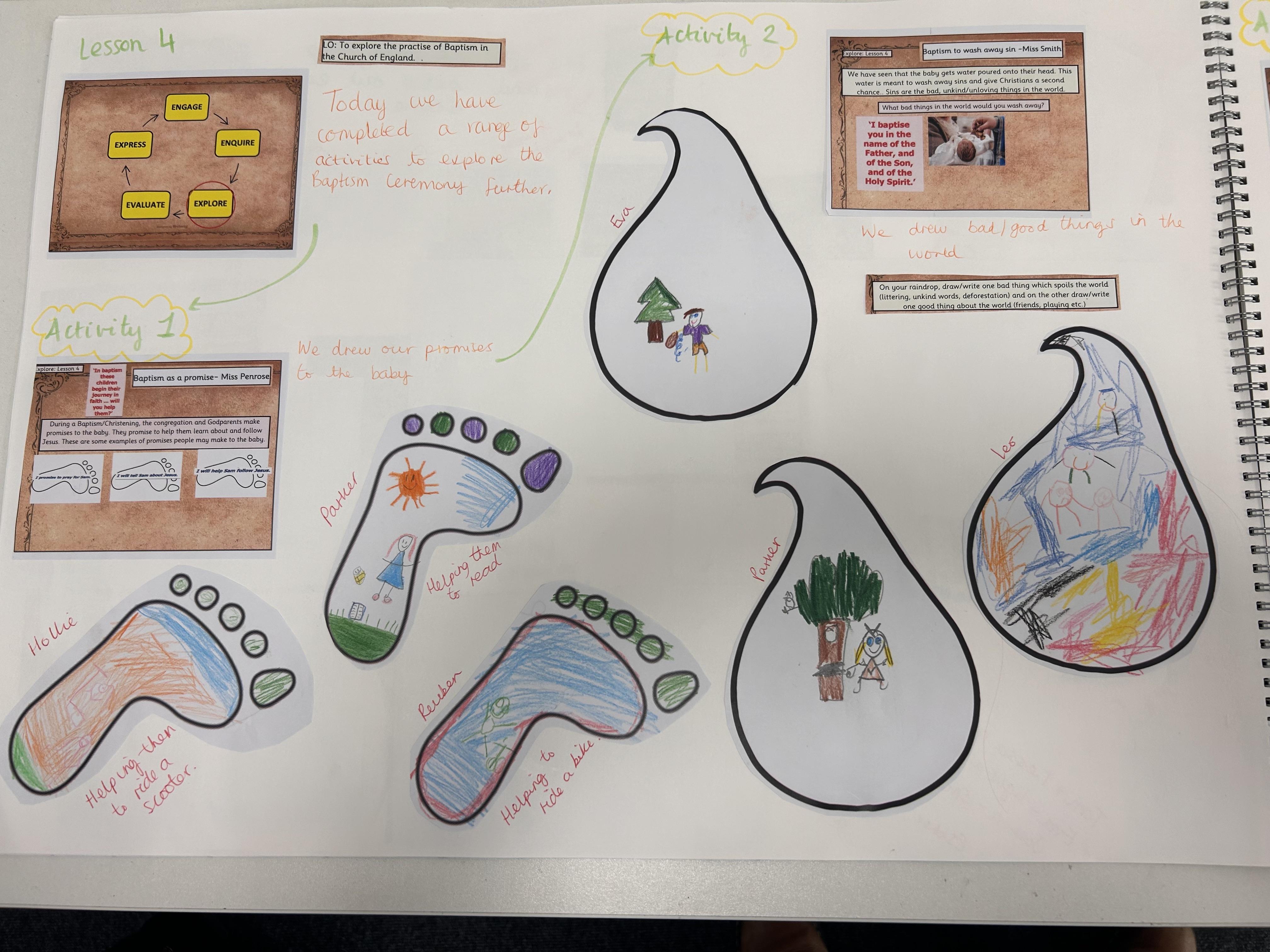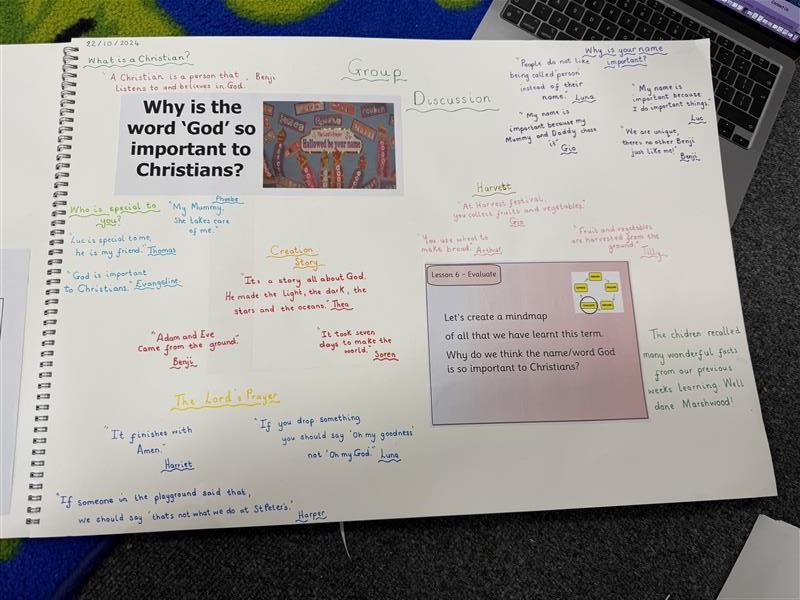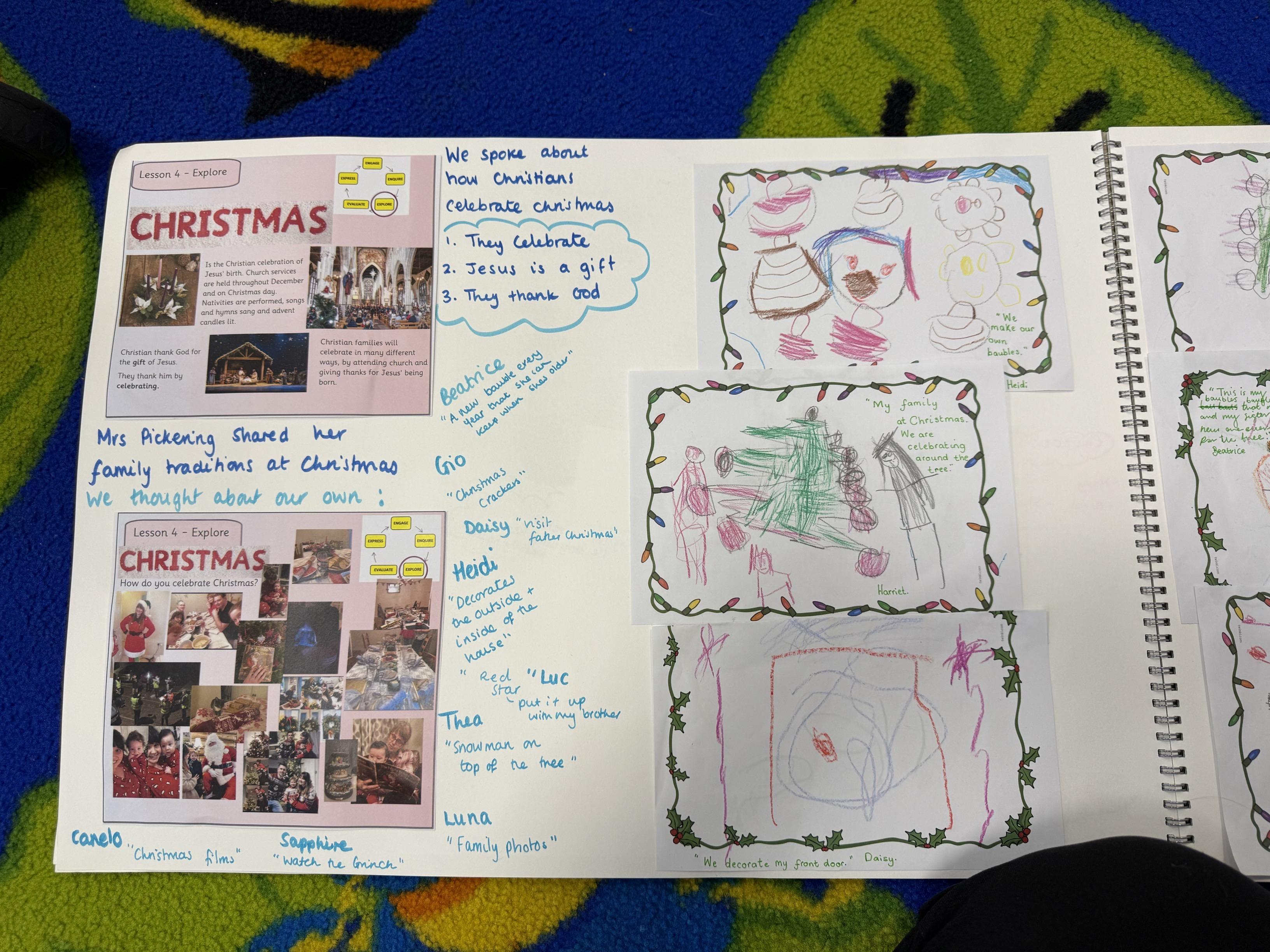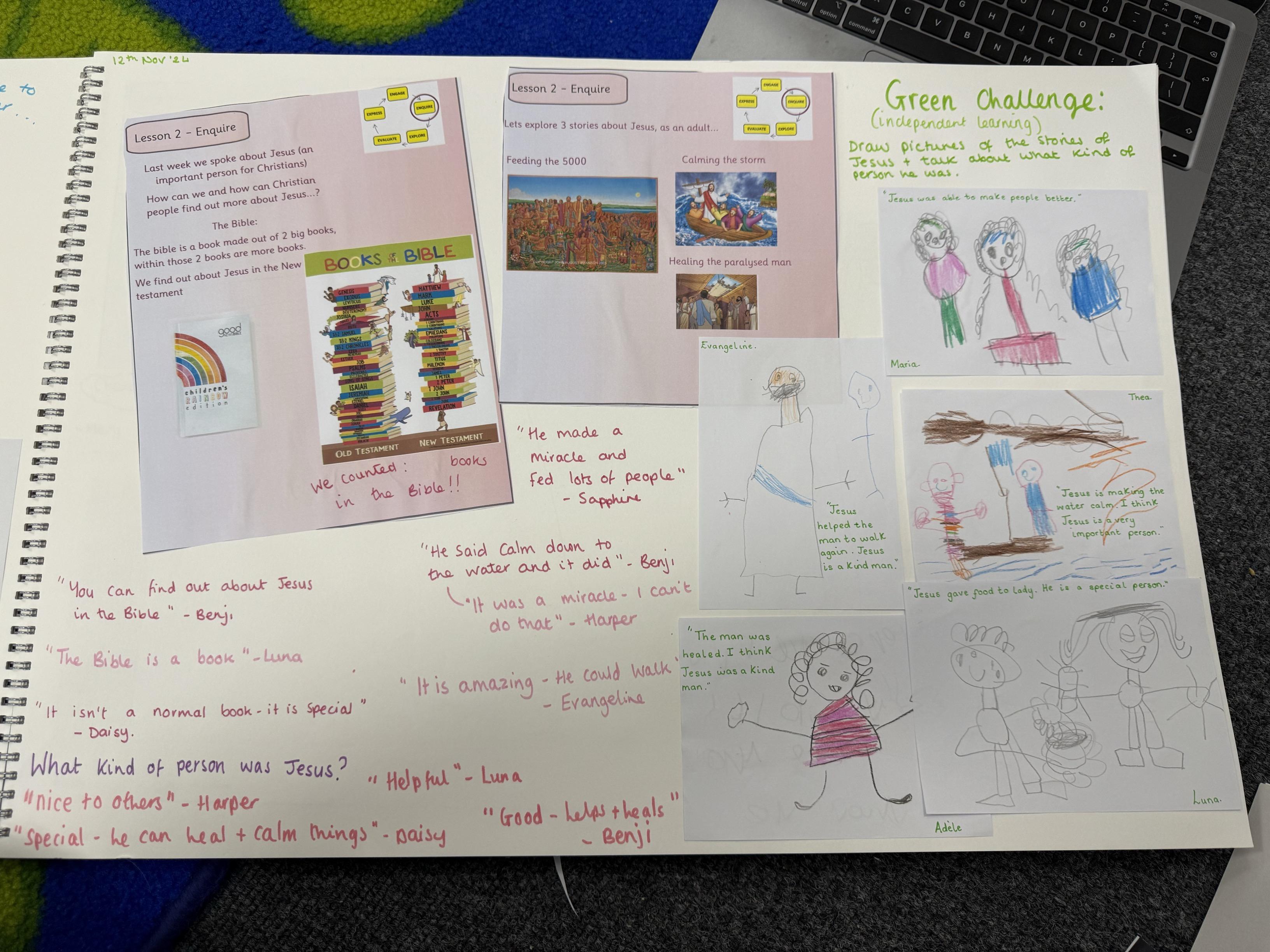RE
Vision and Values Day 2024
‘This is my simple religion. There is no need for temples; no need for complicated philosophy. Our own brain, our own heart is our temple; the philosophy is kindness.’ - Dalai Lama
Curriculum Intent:
The study of religion and belief is an indispensable part of a complete education because of its tangible influence on individuals, culture, behaviour, and national life. RE provides opportunities for children and young people to reflect and analyse, to discuss and debate, to explore and discover, and to learn more about the world in which they live. As well as examining the theological, historical, and sociological elements of religion we have a focus on the visual culture behind world faiths.
At St. Peter’s we emphasise the importance of children being aware of and respecting the needs of others in a caring, multi-cultural global community. The children will learn about religions by focusing on traditional belief systems Across their time with us students will have the opportunity to examine religious beliefs, to enjoy and understand the powerful stories behind religions, to gain an understanding of the diverse range of religious practices that takes place within even our small city and to begin to see how religious beliefs influence social justice, community action and personal choices. Our RE curriculum enables pupils to:
- Acquire and develop knowledge and understanding of Christianity and other principal religions represented in Great Britain.
- Develop an understanding of the influence of beliefs, values and traditions on individuals, communities, societies, and cultures.
- Develop the ability to make reasoned and informed judgements about religious and moral issues, with reference to the principal religions represented in Great Britain.
- Develop awareness of and respond to fundamental questions of life raised by human experience and how religious teaching can relate to them.
- Reflect on their own beliefs, values, and experiences in the light of their study.
- Develop a positive attitude towards other people respecting their right to hold beliefs different to their own and living in a society of diverse religions.
Curriculum Implementation:
RE is taught weekly. We use the Emmanuel Project as the basis for our curriculum. We study six world religions: Buddhism, Sikhism, Hinduism, Islam, Judaism and Christianity and we conduct in-depth studies into the beliefs, practices, ethics, and social action of Christianity. Additionally, we study humanism in Year 6. Each unit of RE begins with a big question which the children work towards answering. Within EYFS, Year 1 and Year 2 up until Christmas, RE is recorded using floor books. From Yr. 2 upwards, RE is recorded within an exercise book.
RE is taught weekly in line with Church of England Statement of Entitlement: this should aim to be close to 10% but must be no less than 5% in key stages 1-4. Christianity as the majority religion studied in each year group and is at least 50% of the RE curriculum time.
Collective worship
Part of the RE curriculum is for schools to offer a daily act of ‘collective worship’. At St. Peter's, we use this time as a daily opportunity to reflect on something special or separate from ordinary school activities to promote the moral and spiritual welfare of the children. Collective worship calls upon pupils to take a moment to reflect on shared moments of collective interest e.g. the wonder of nature, the important moral messages within a story or the unique specialness of each pupil. Ordinarily ‘collective worship’, takes place within a whole school worship or a class gathering. At least twice a term Reverend Kevin, Rector of Bemerton, leads the school in collective worship.
Please note that parents/carers have the right to withdraw their child from all or part of RE.
RE Assessment
At St. Peter's, an enquiry question is always posed at the beginning of a unit of learning. A discussion linking prior learning to the upcoming learning is facilitated by the teacher and this AfL will inform some of the content.
At the end of a unit in KS2, pupils demonstrate their understanding through an essay-style piece of writing. Prompt questions are used by the teacher to scaffold and support this process. In EYFS and KS1, similar scaffolded questioning is used to elicit pupil understanding.
Teachers will have always considered three key pieces of knowledge, information or theology in each lesson. The end of unit essay/discussion should be a reflection of this. For example, in EYFS, the lesson on the nativity story was built on the following:
1. Jesus is God's son.
2. Ability to retell some of the story, e.g. The angel told Mary that she was having a baby.
3. Jesus is a special gift from God.
Autumn Term Knowledge organisers
